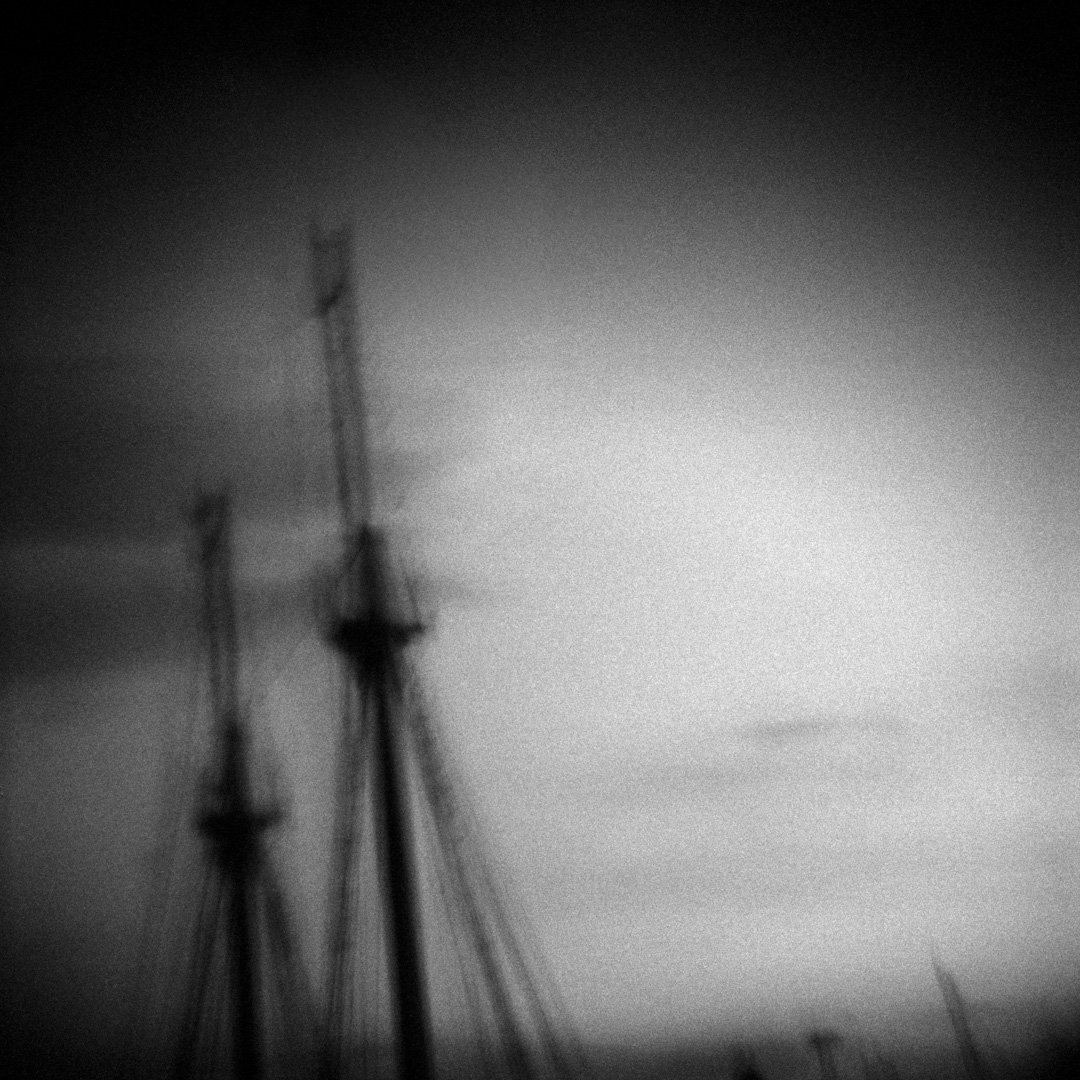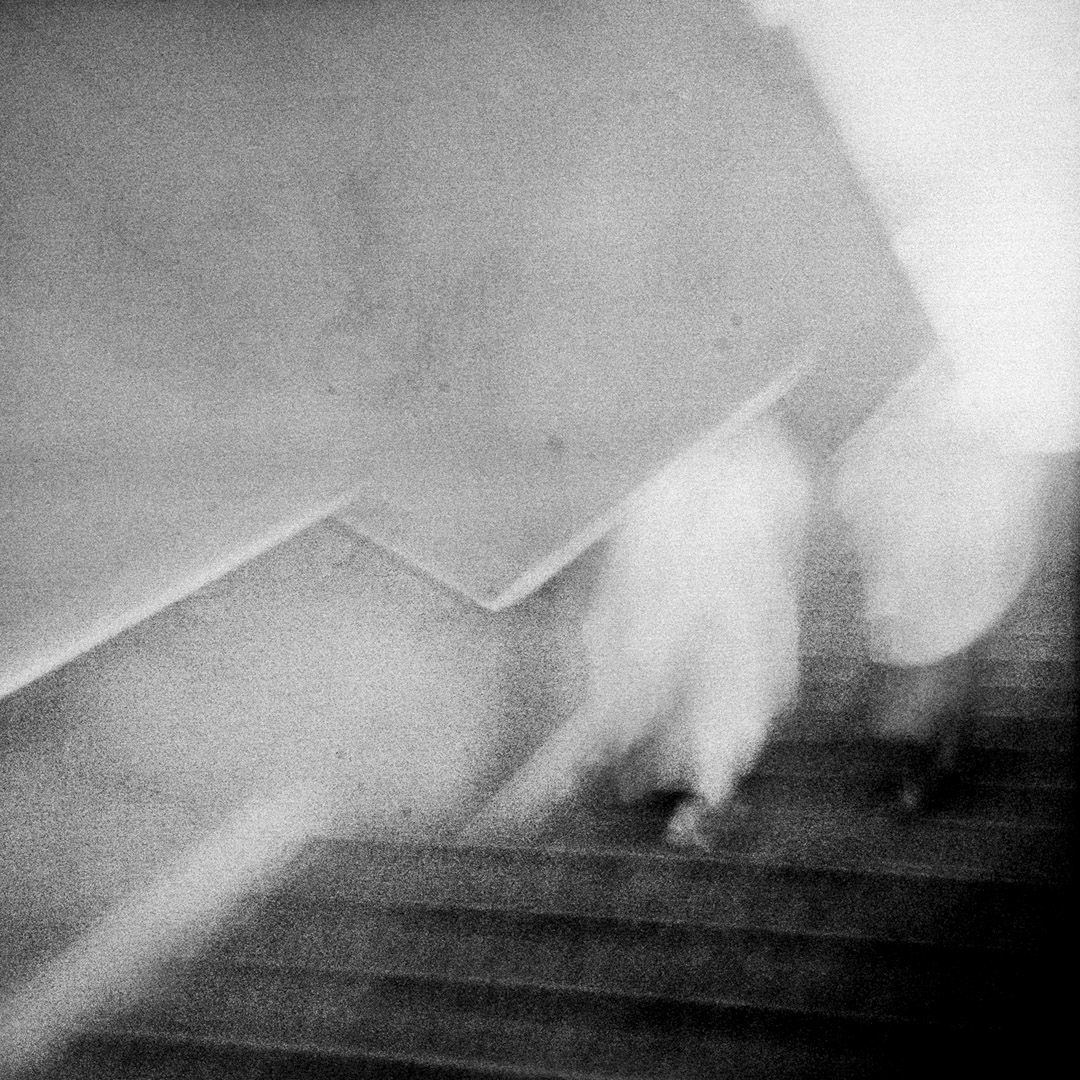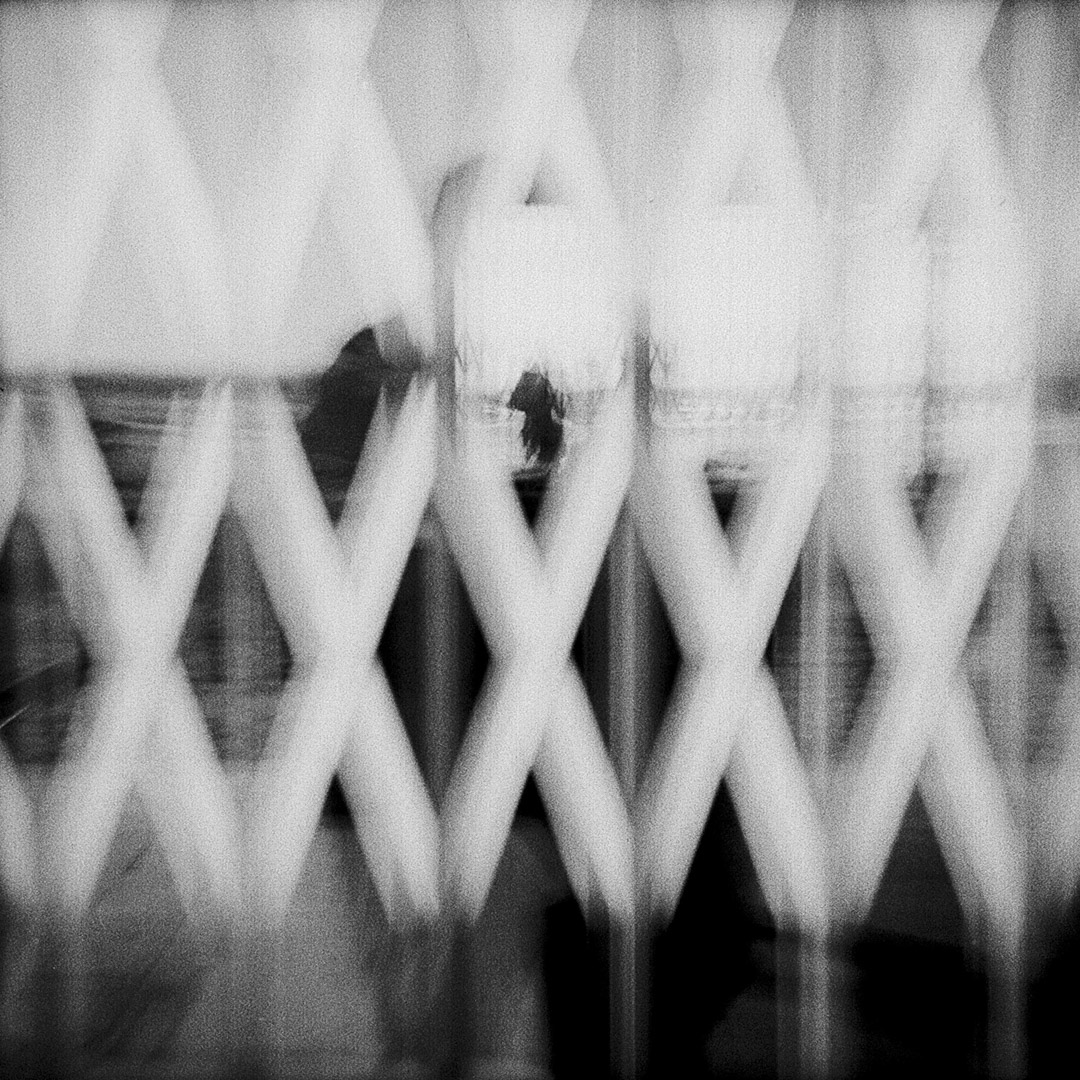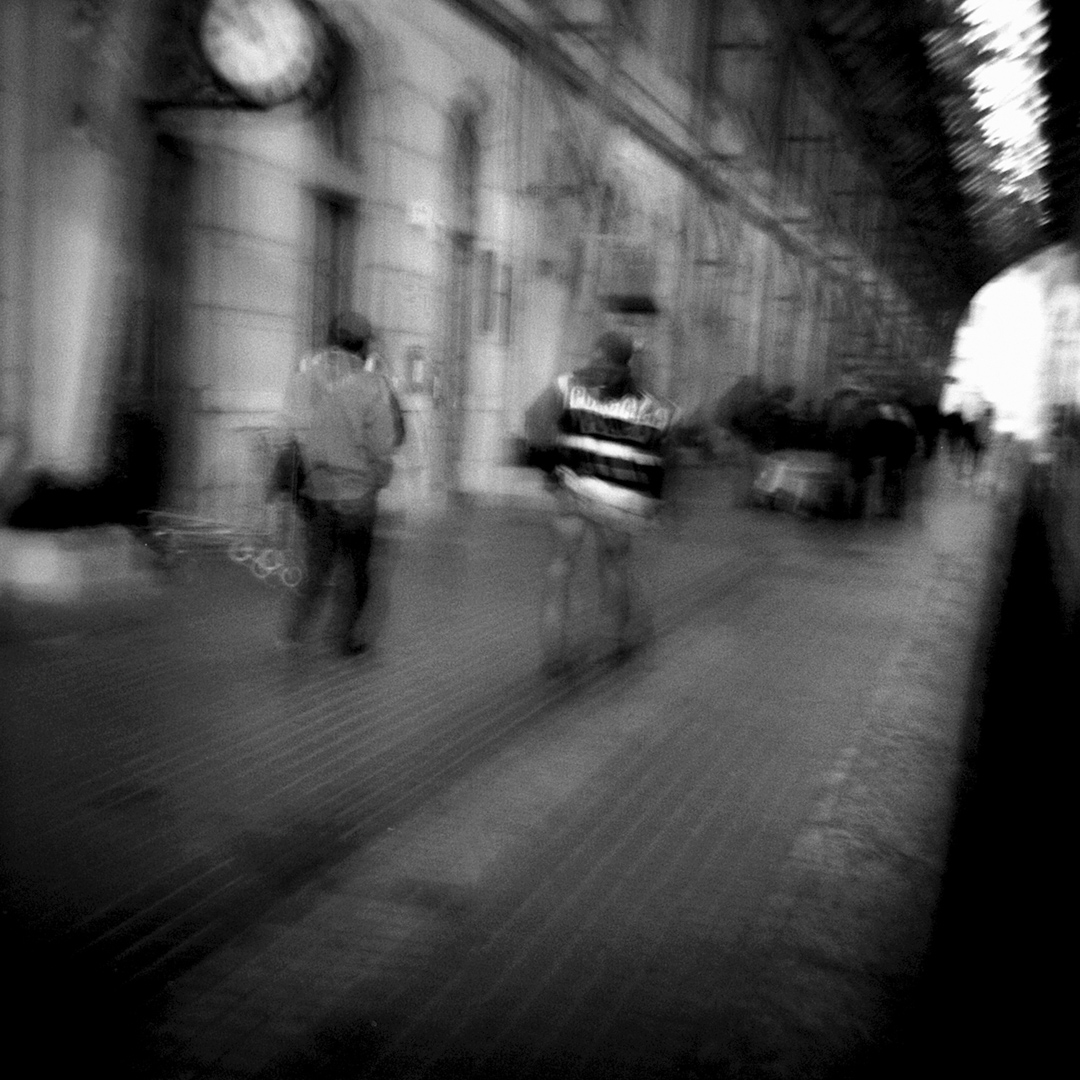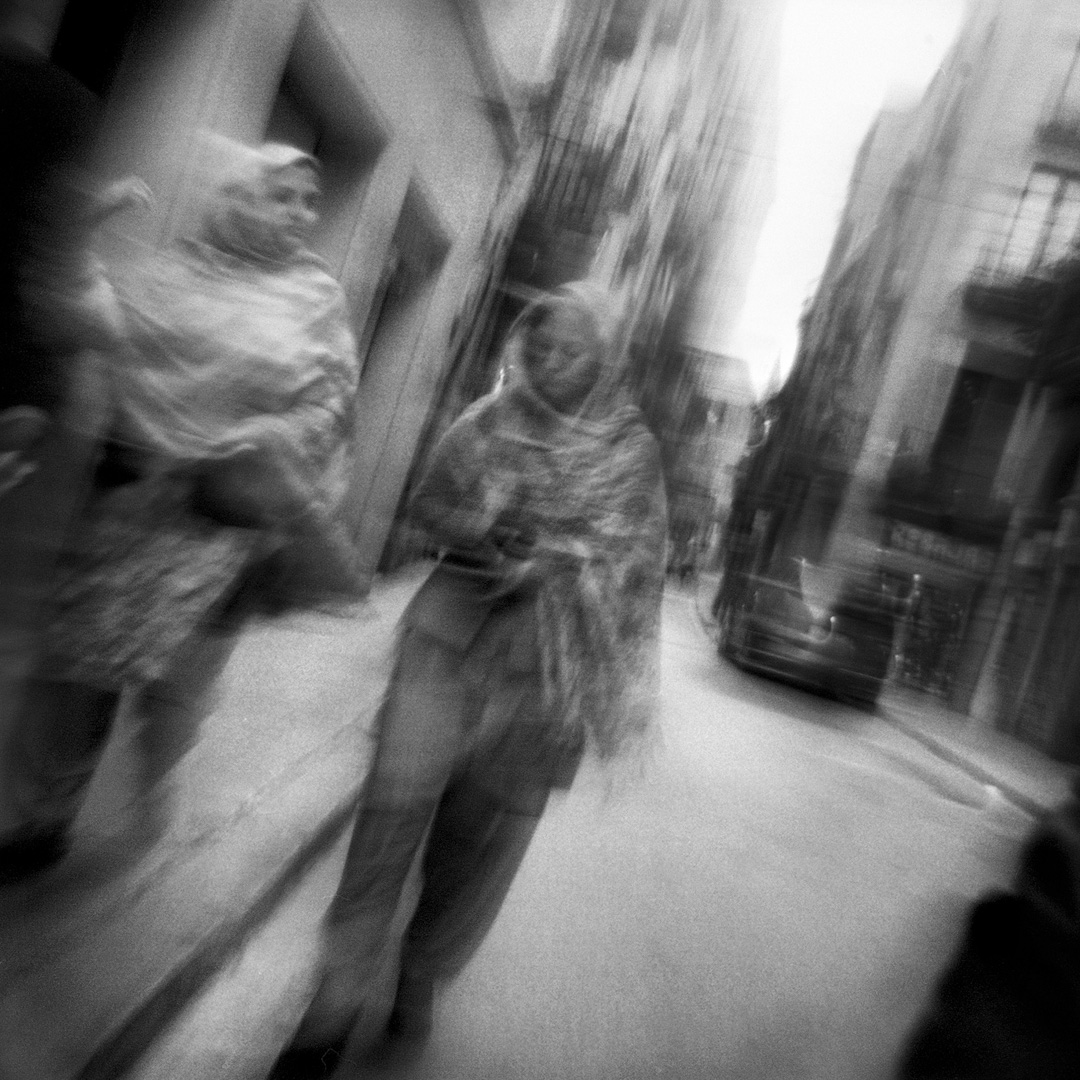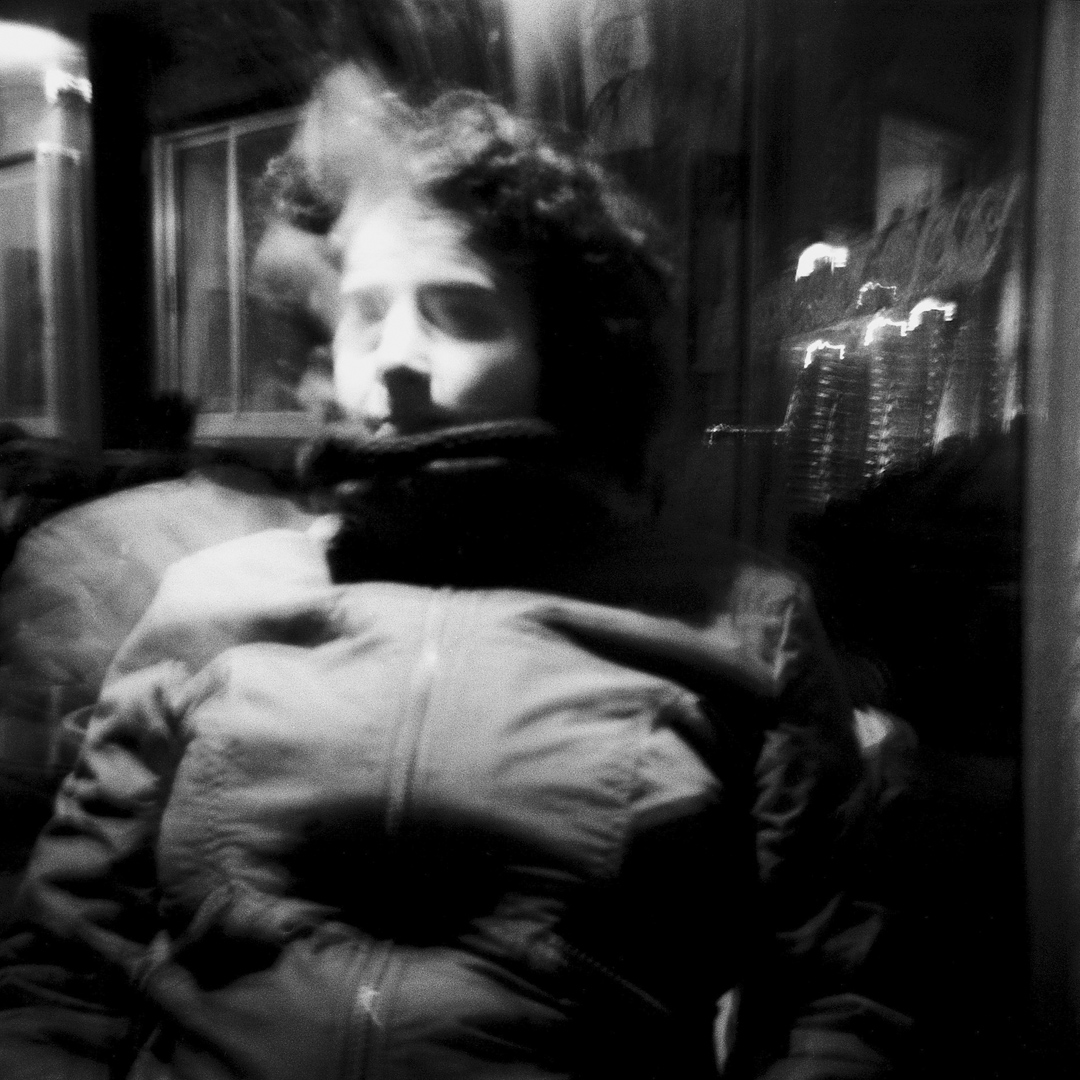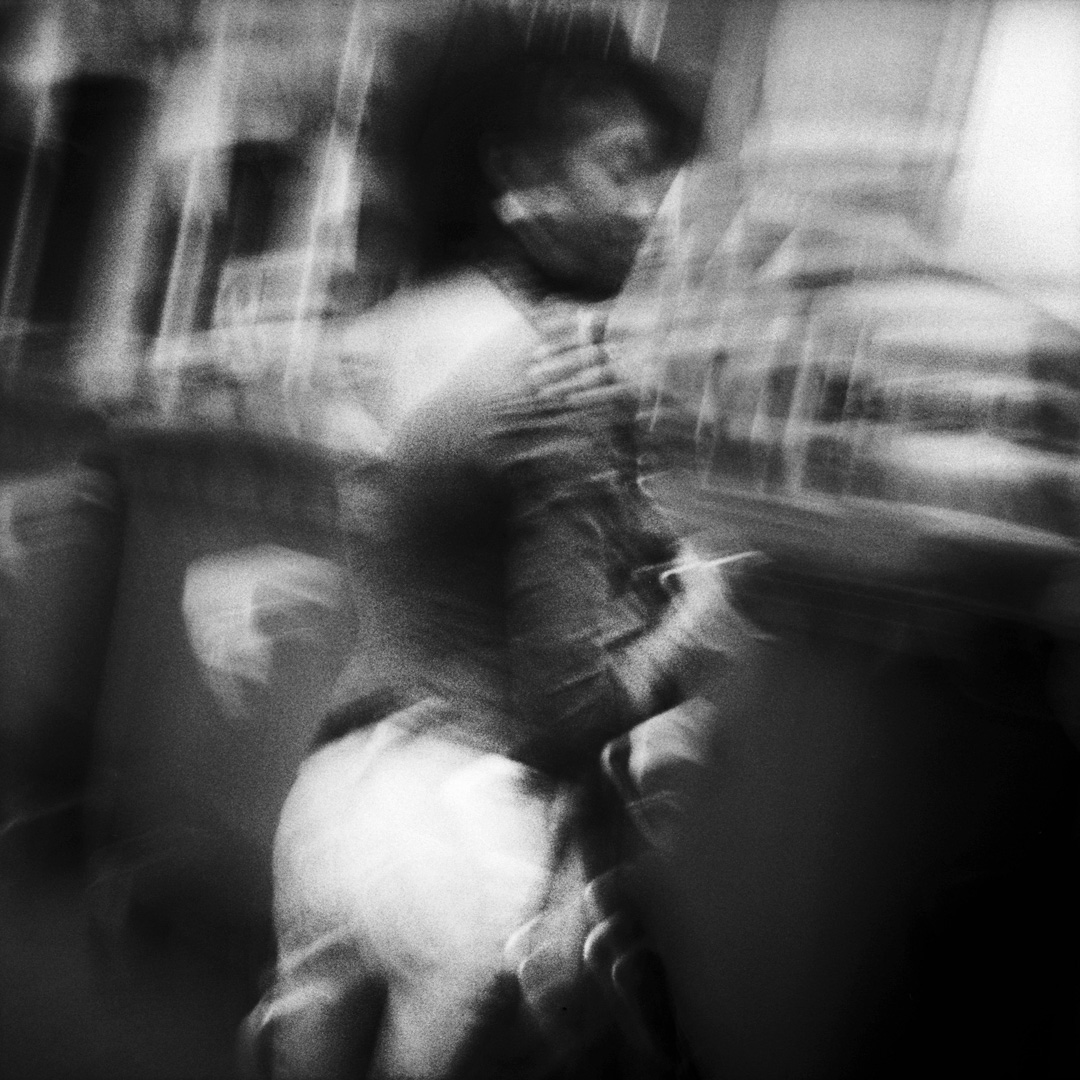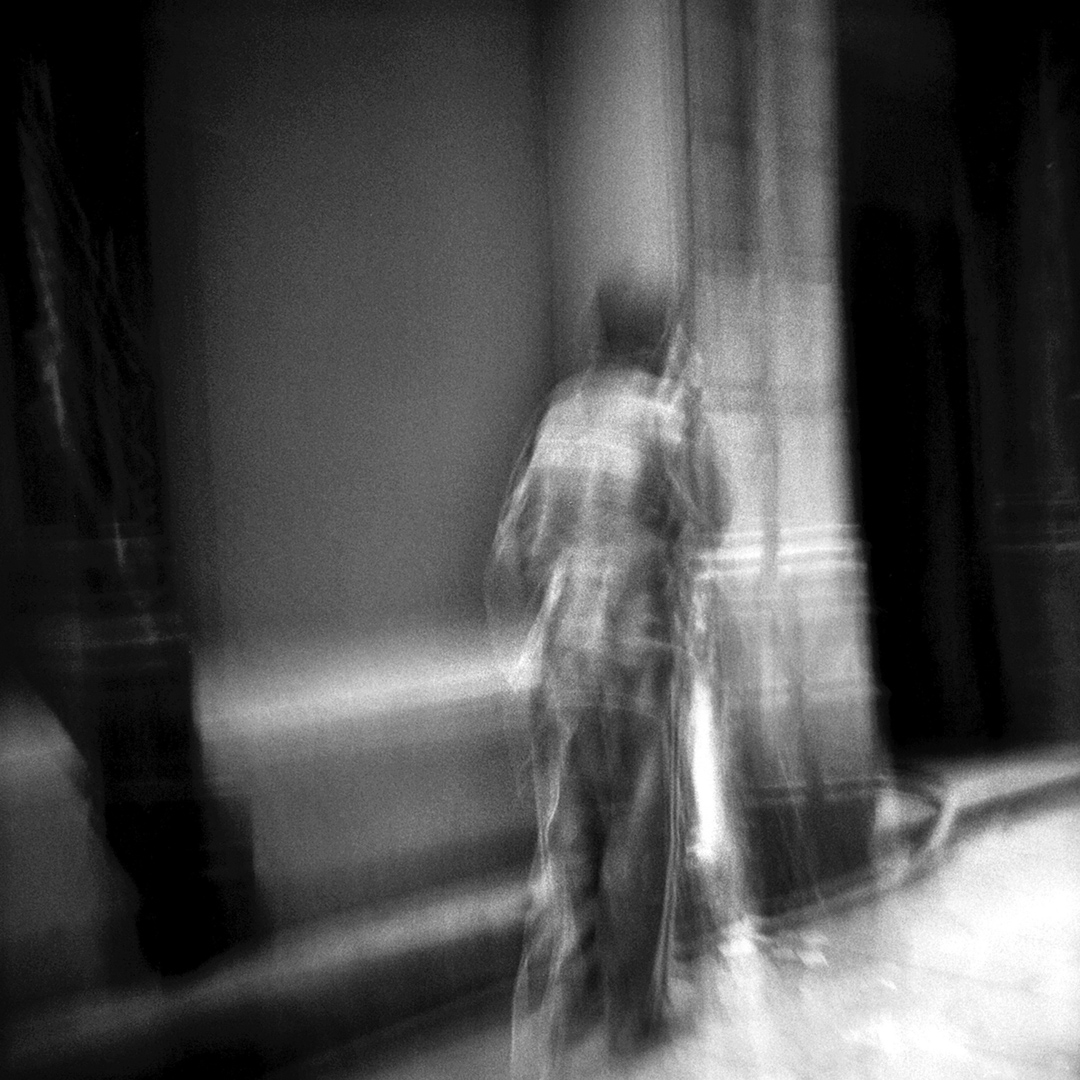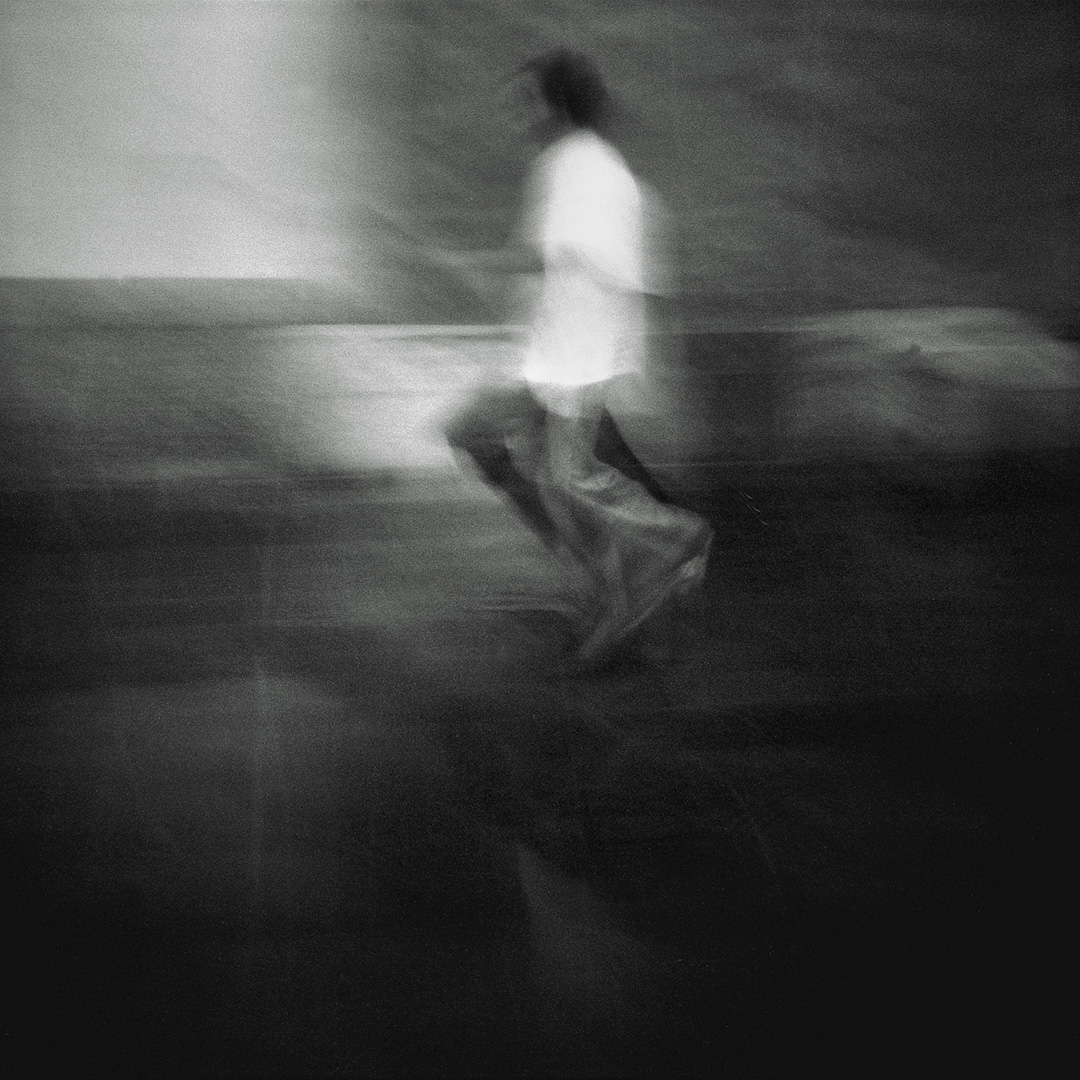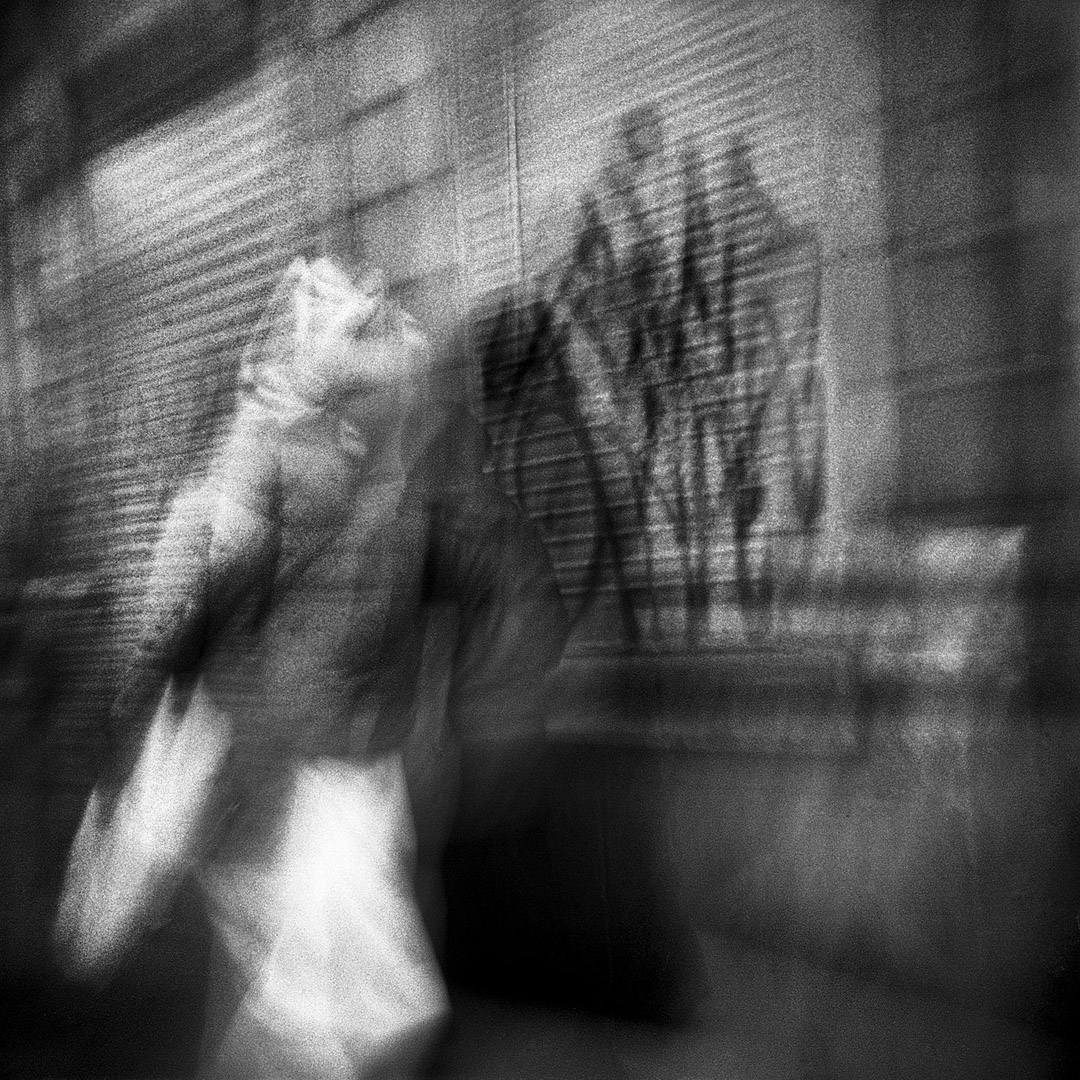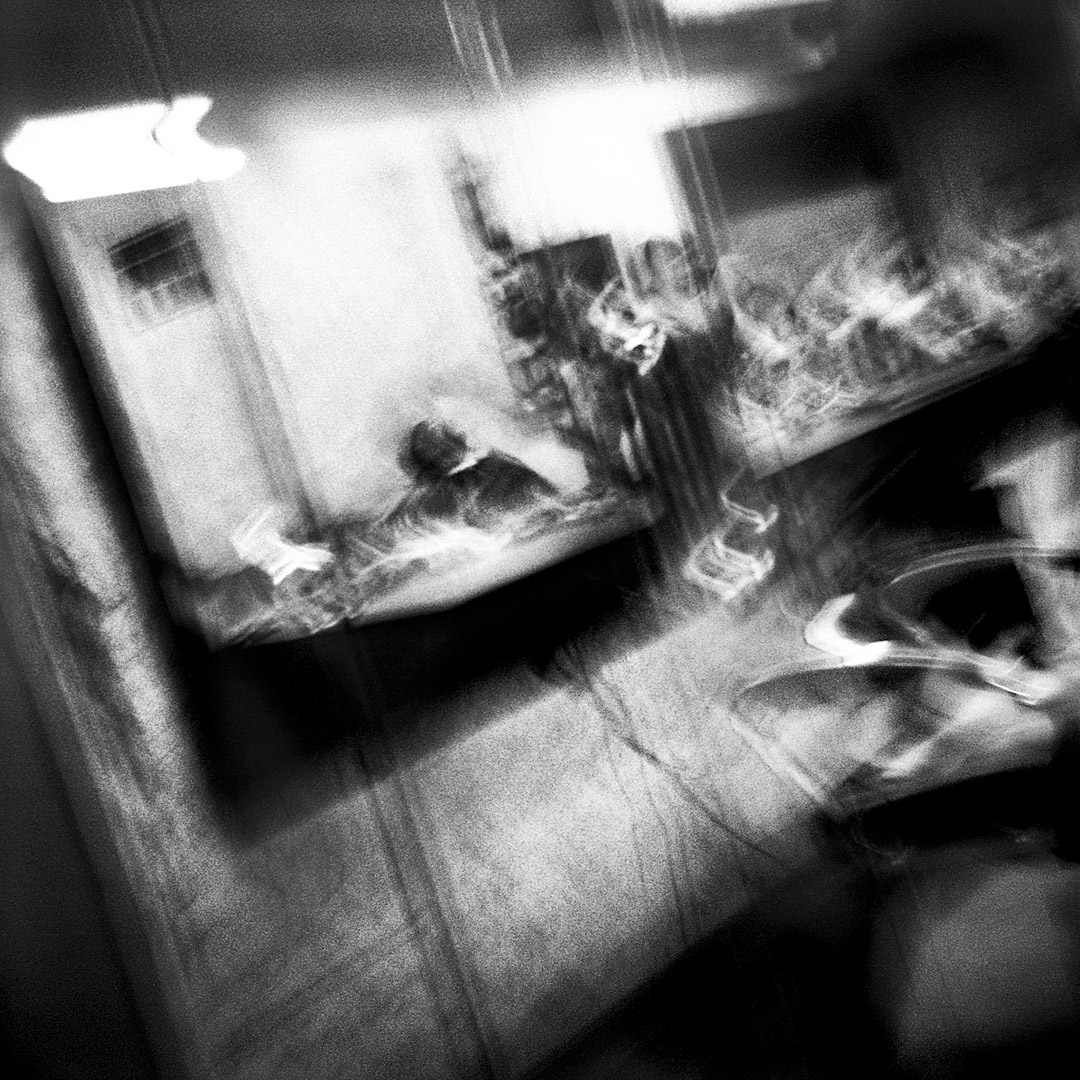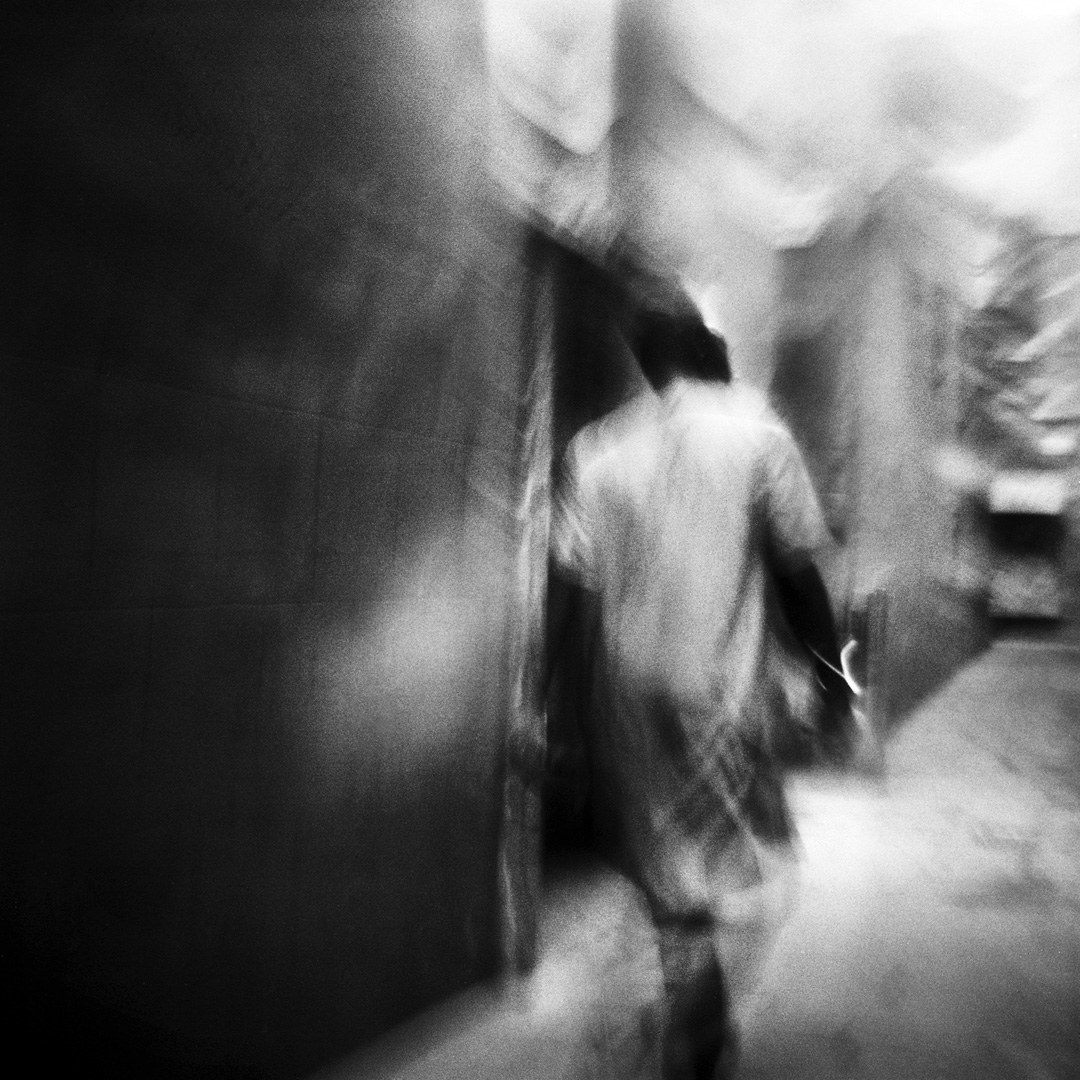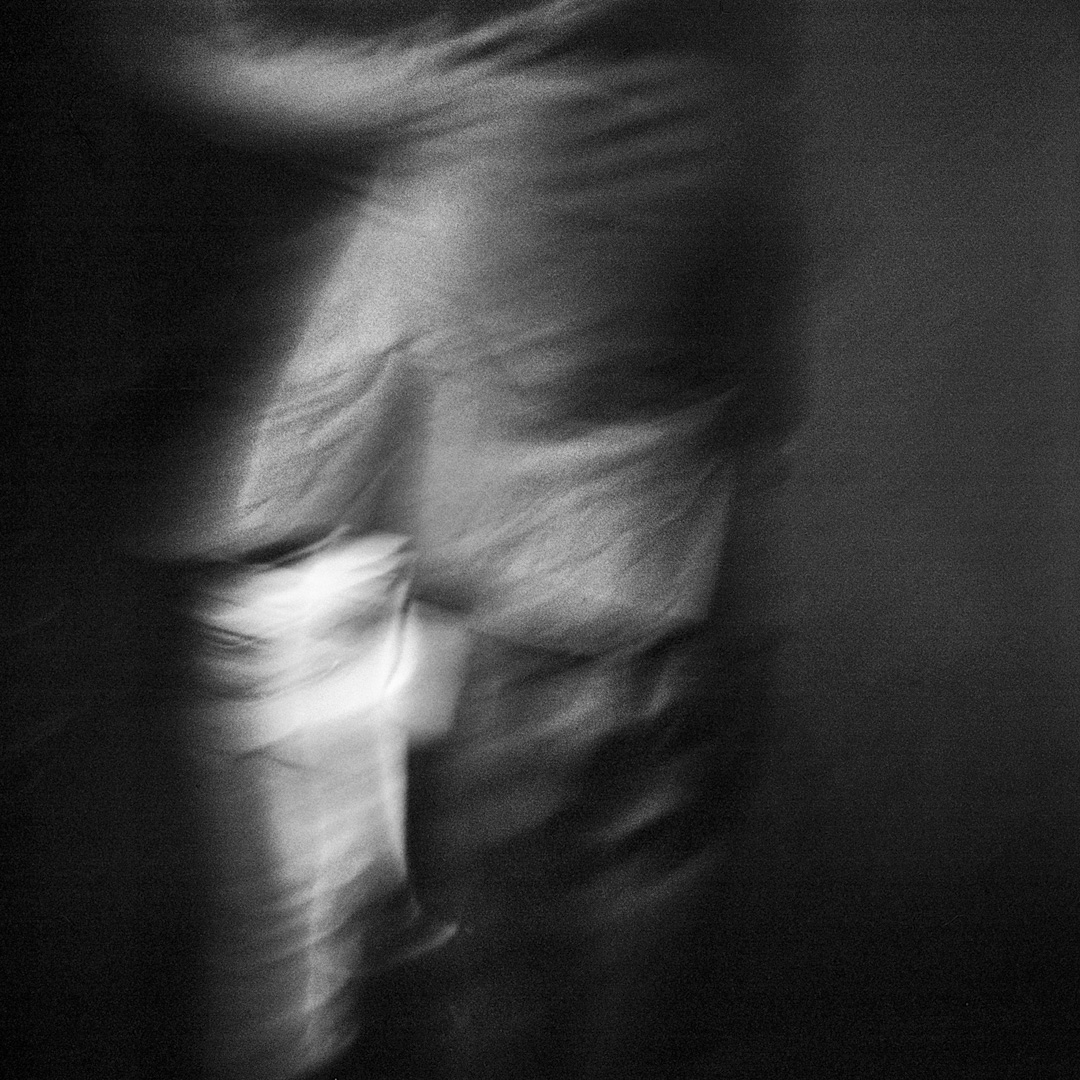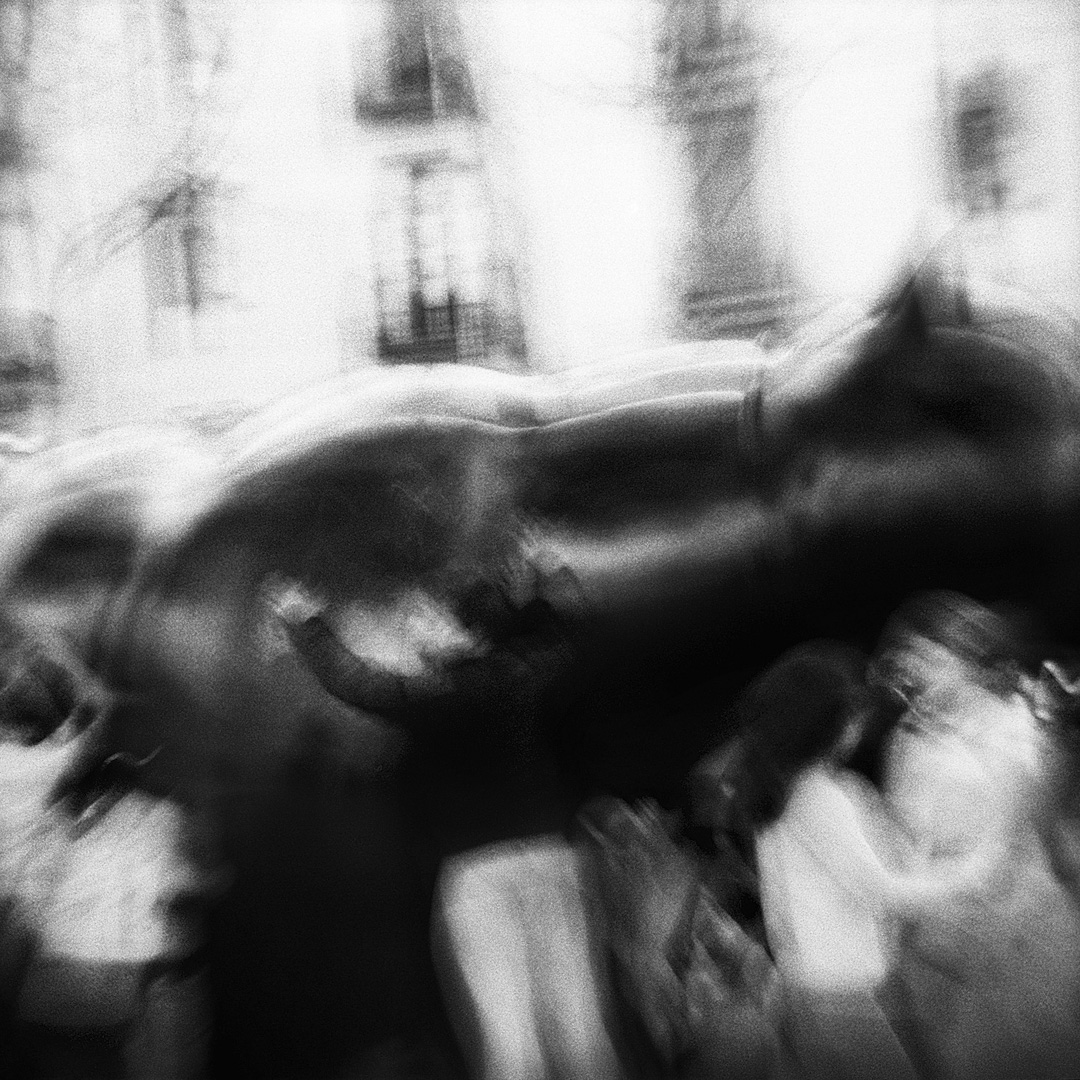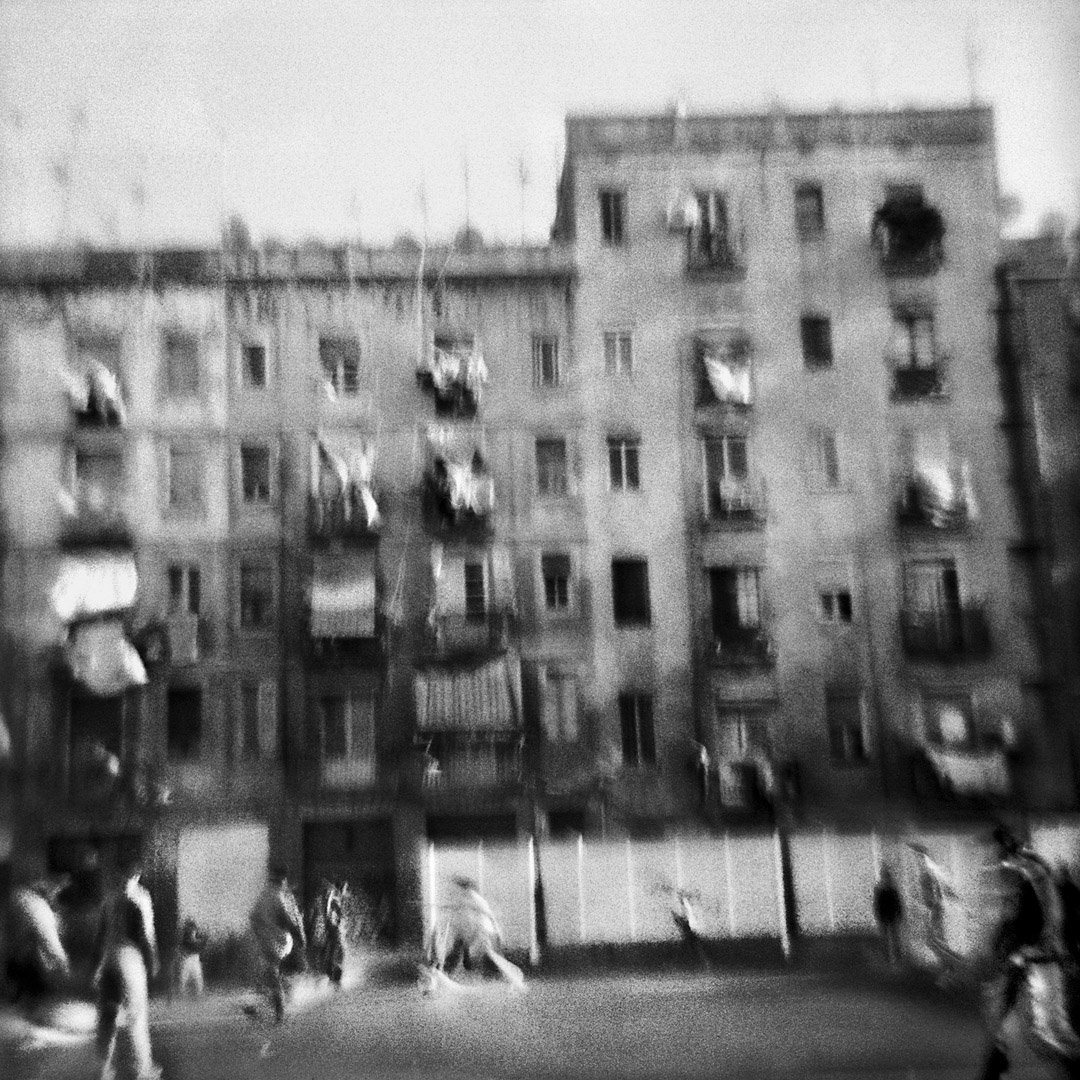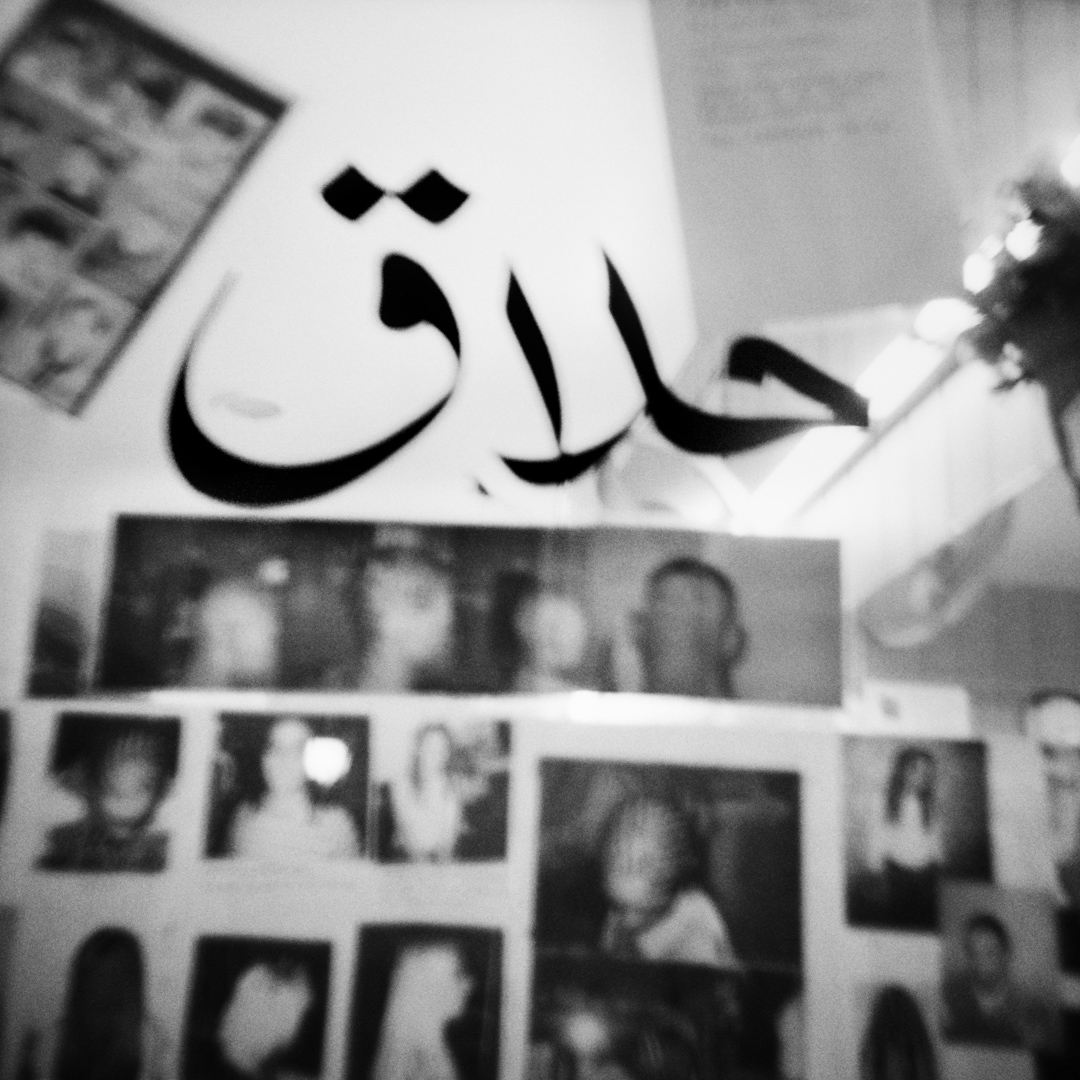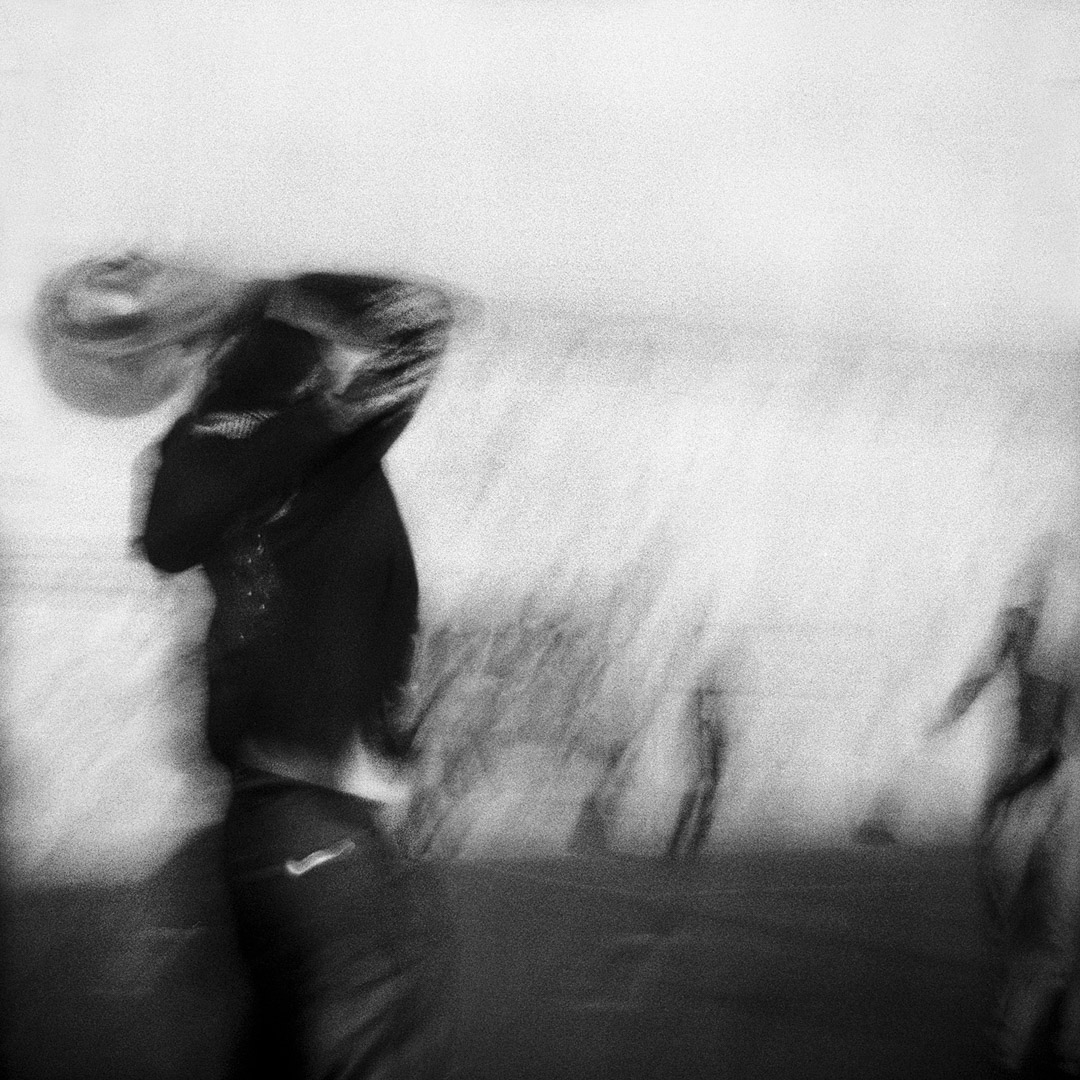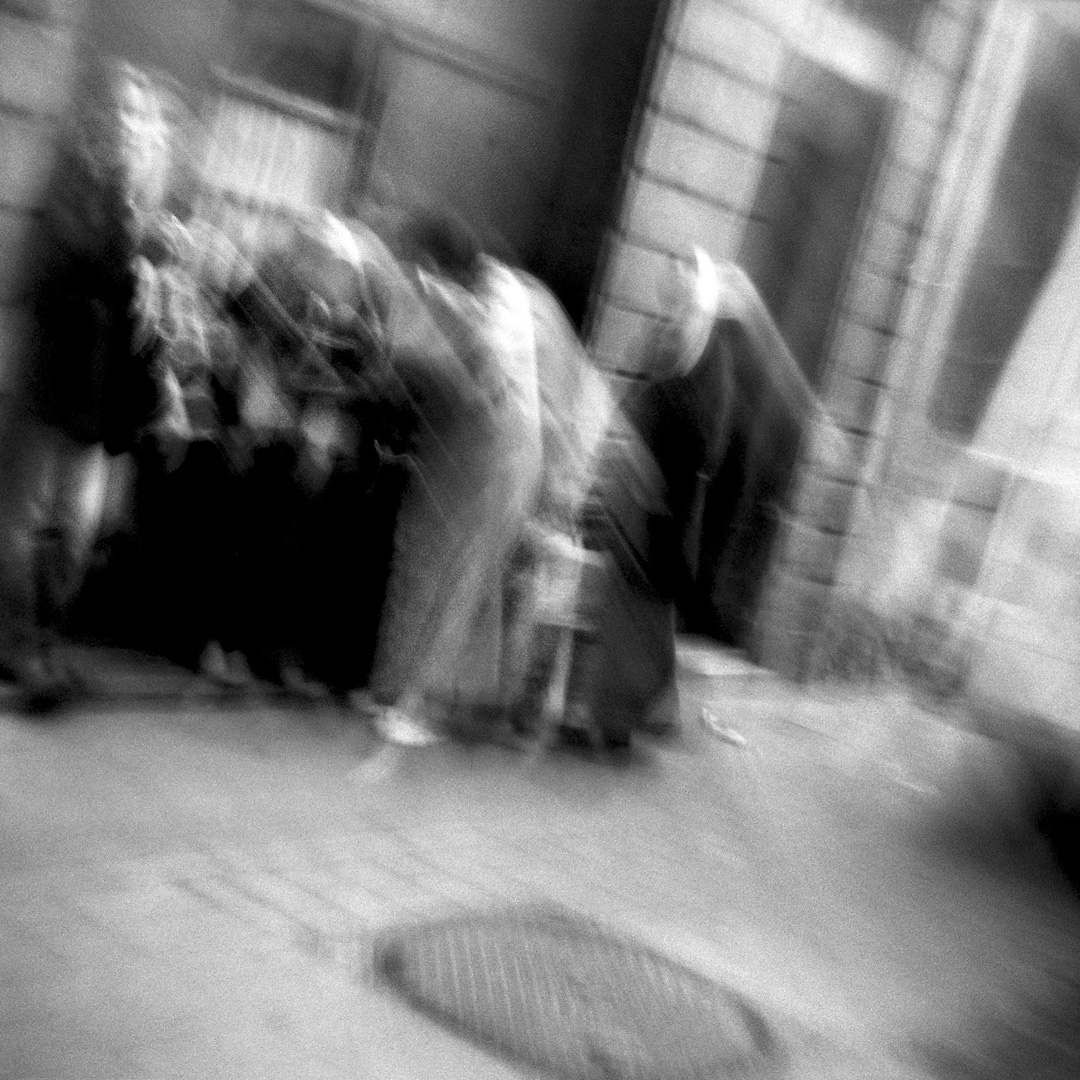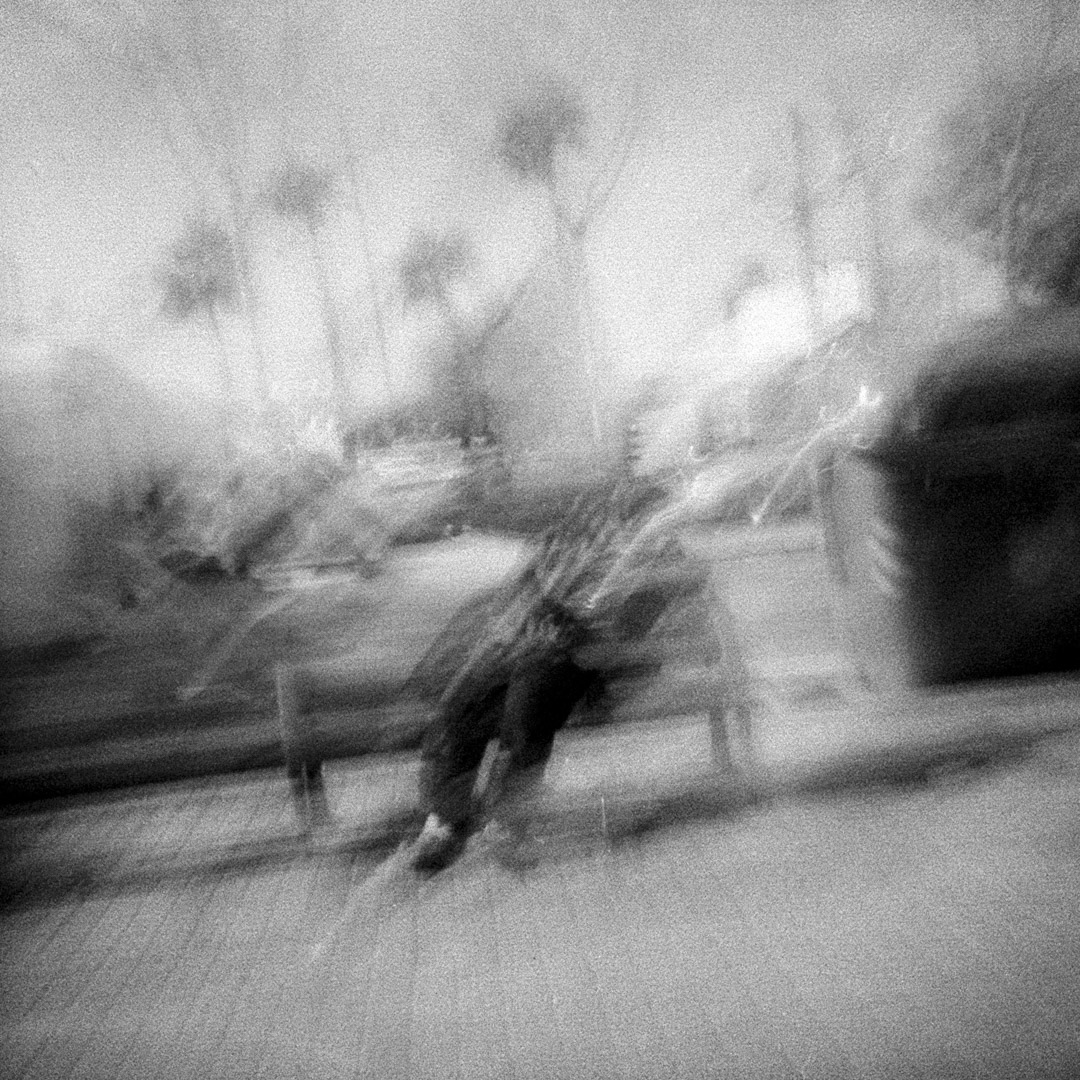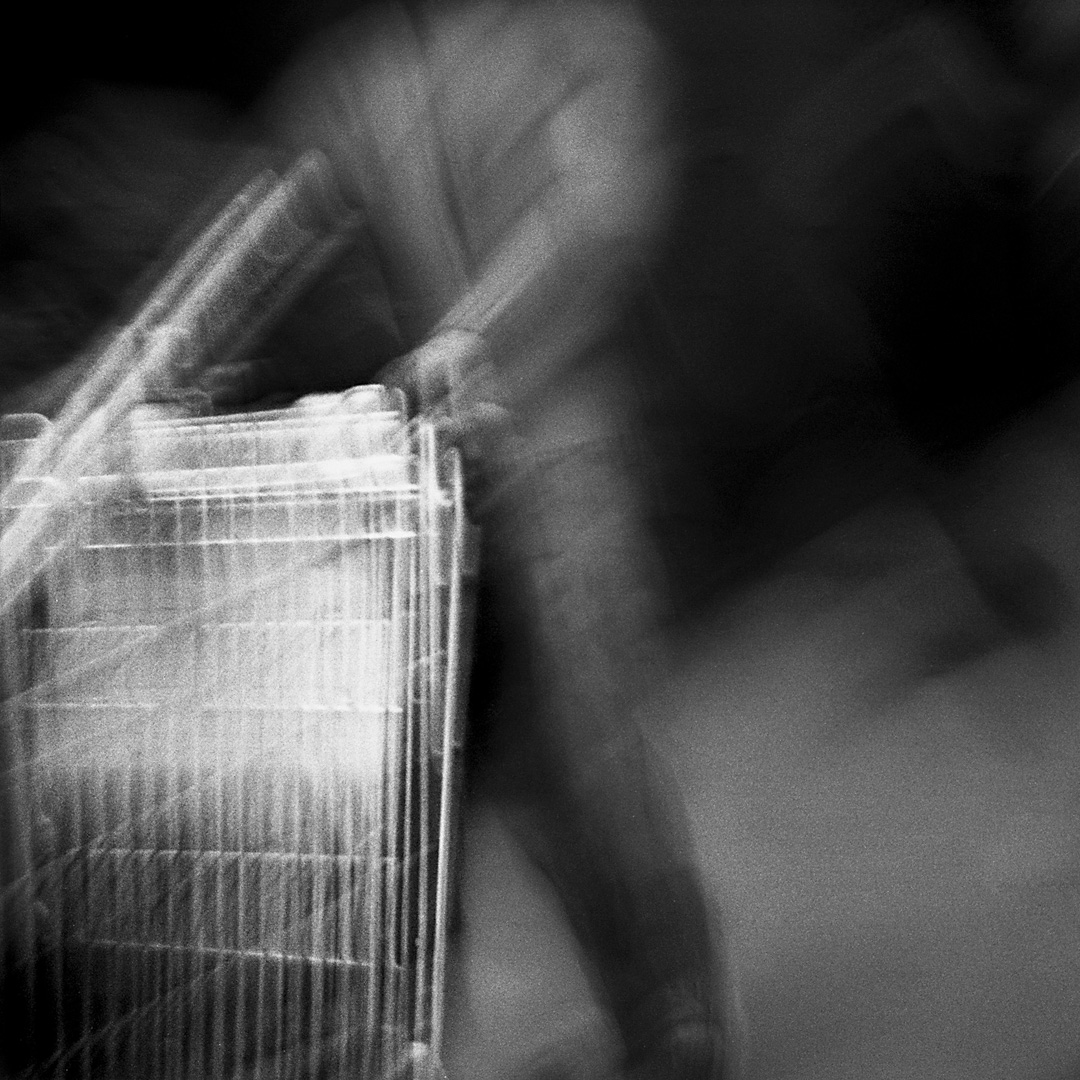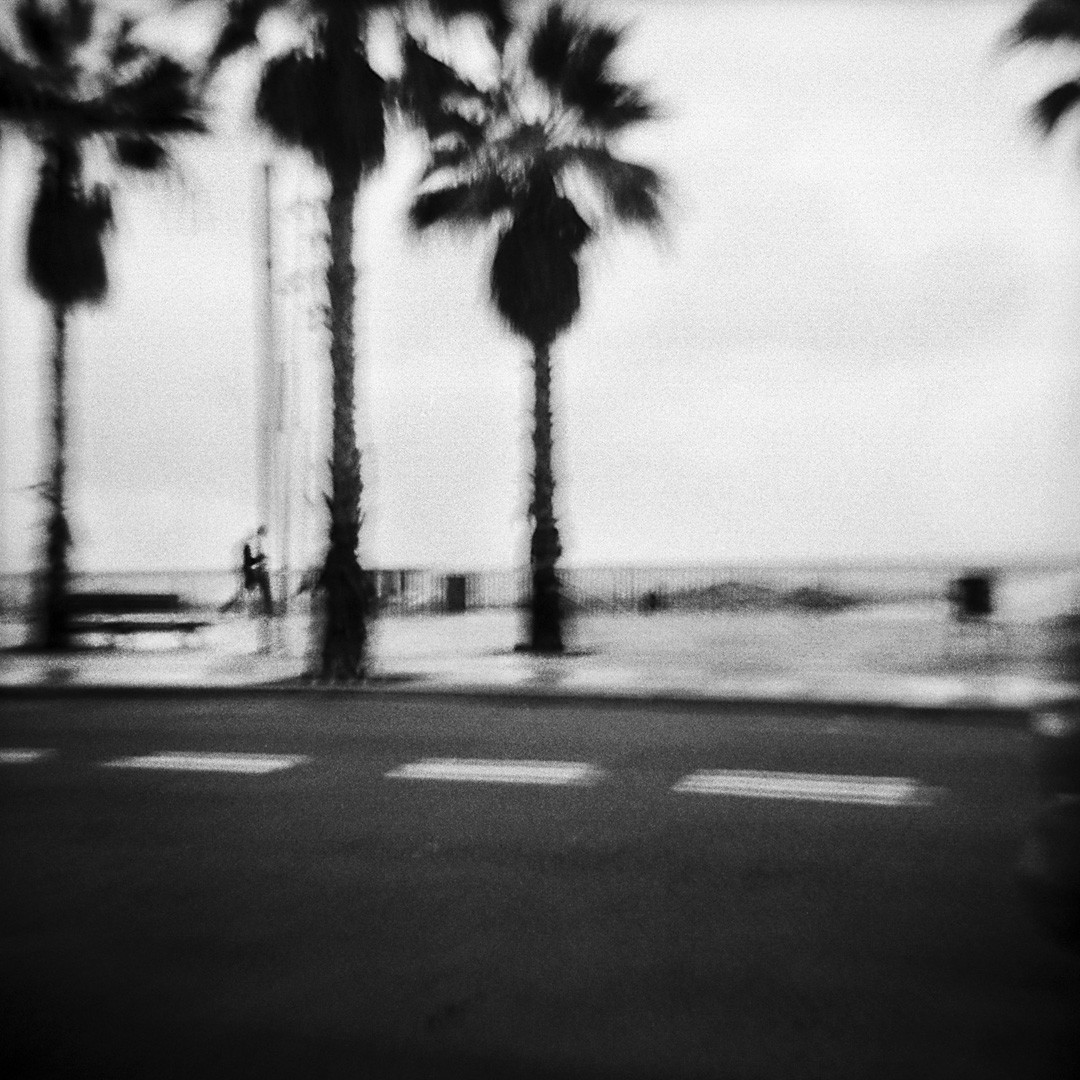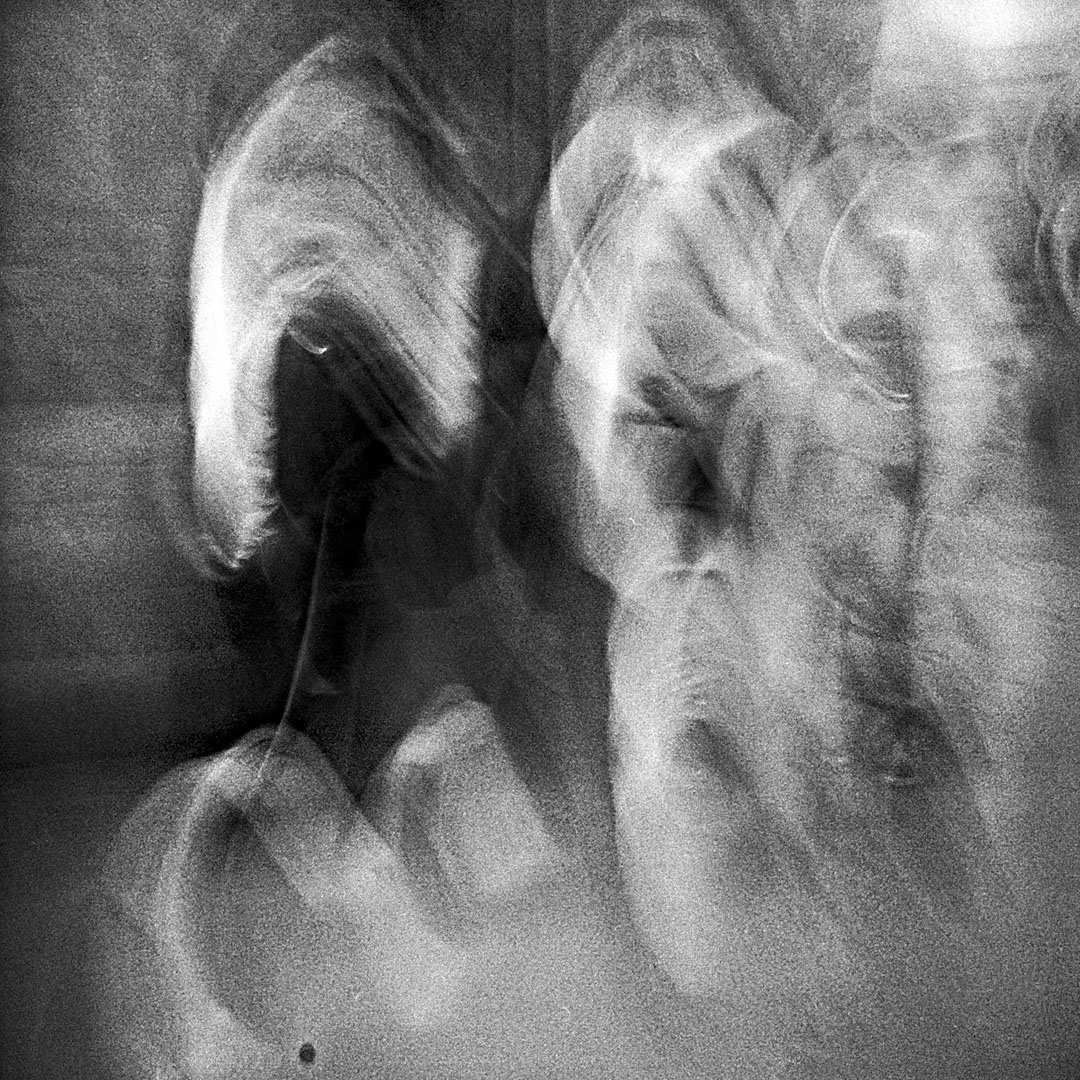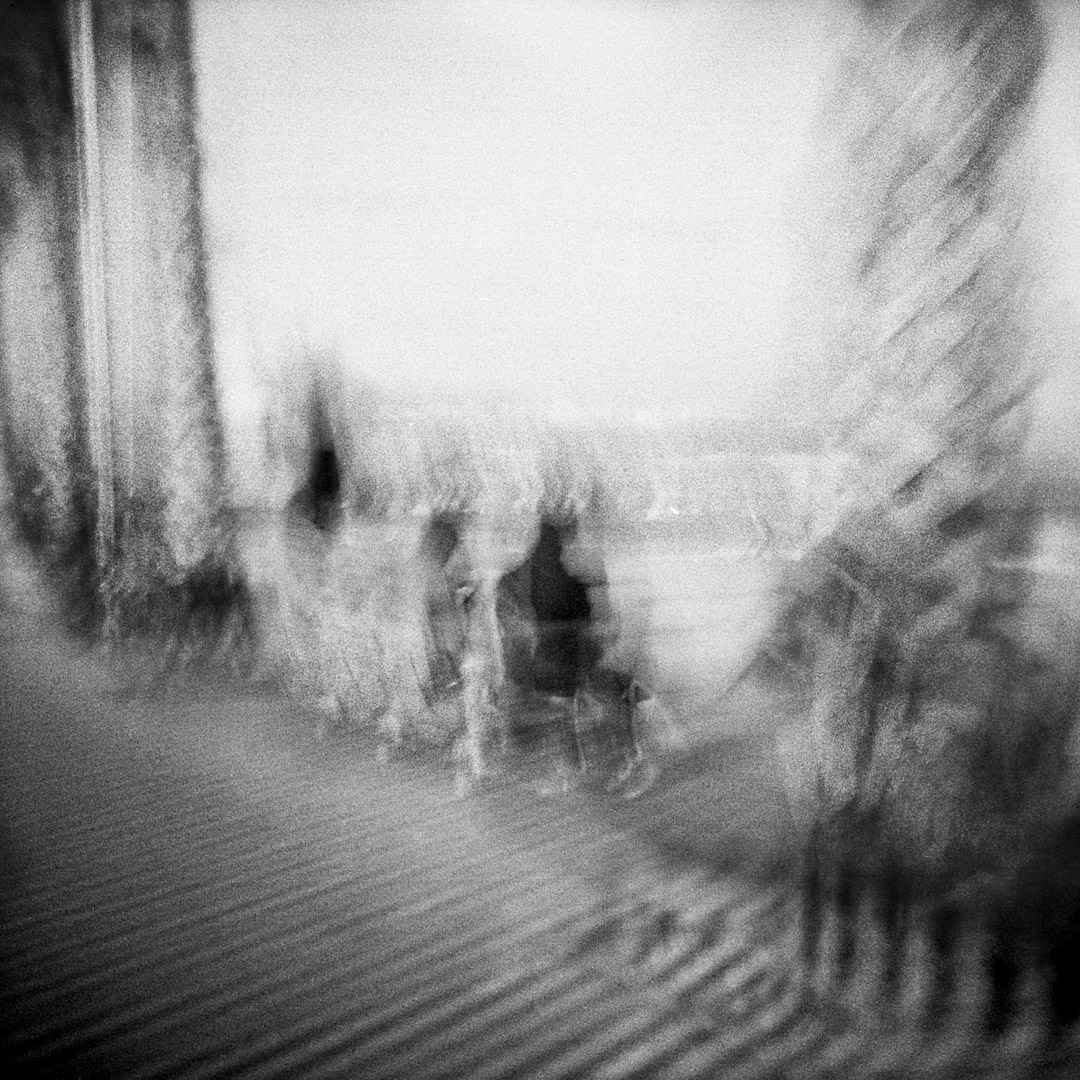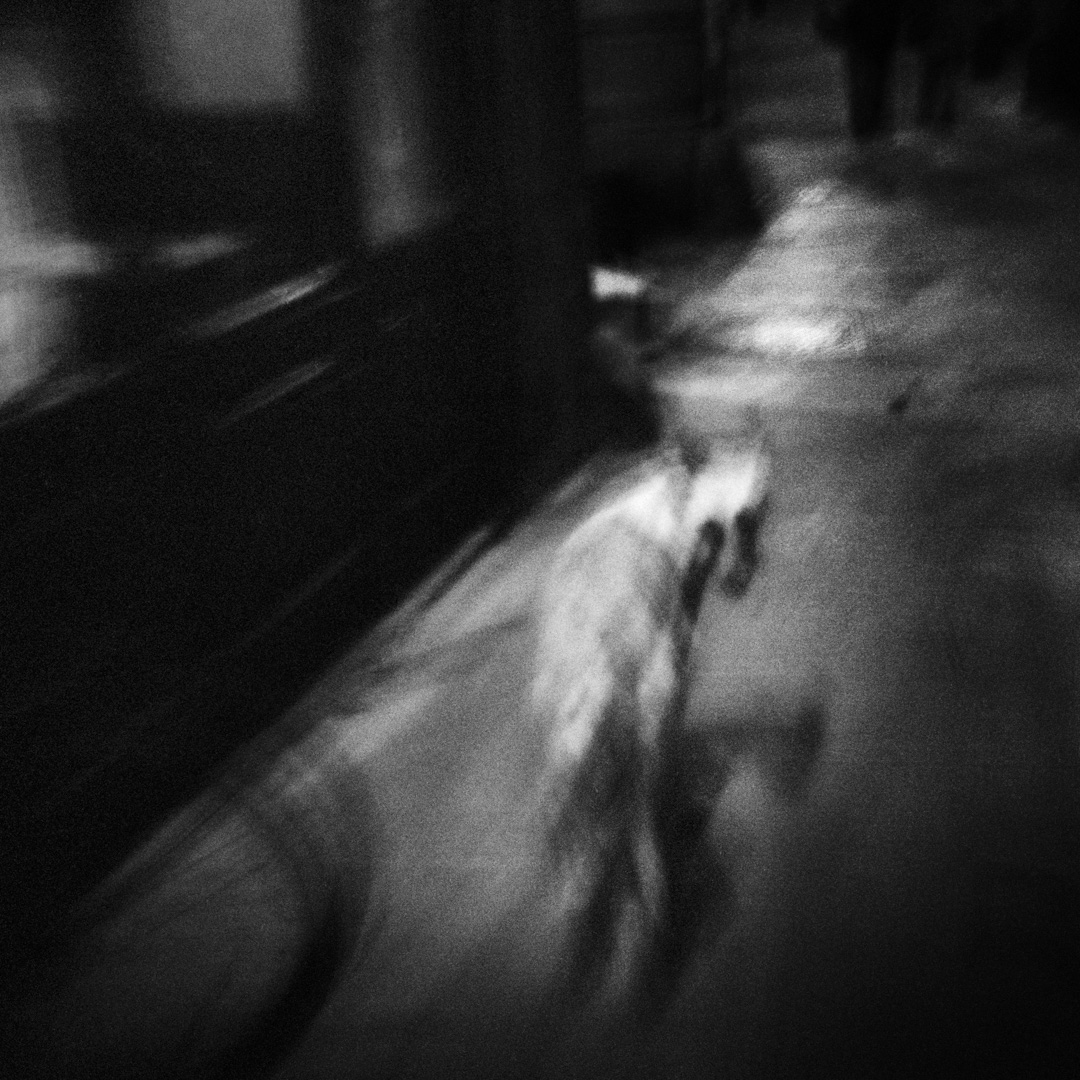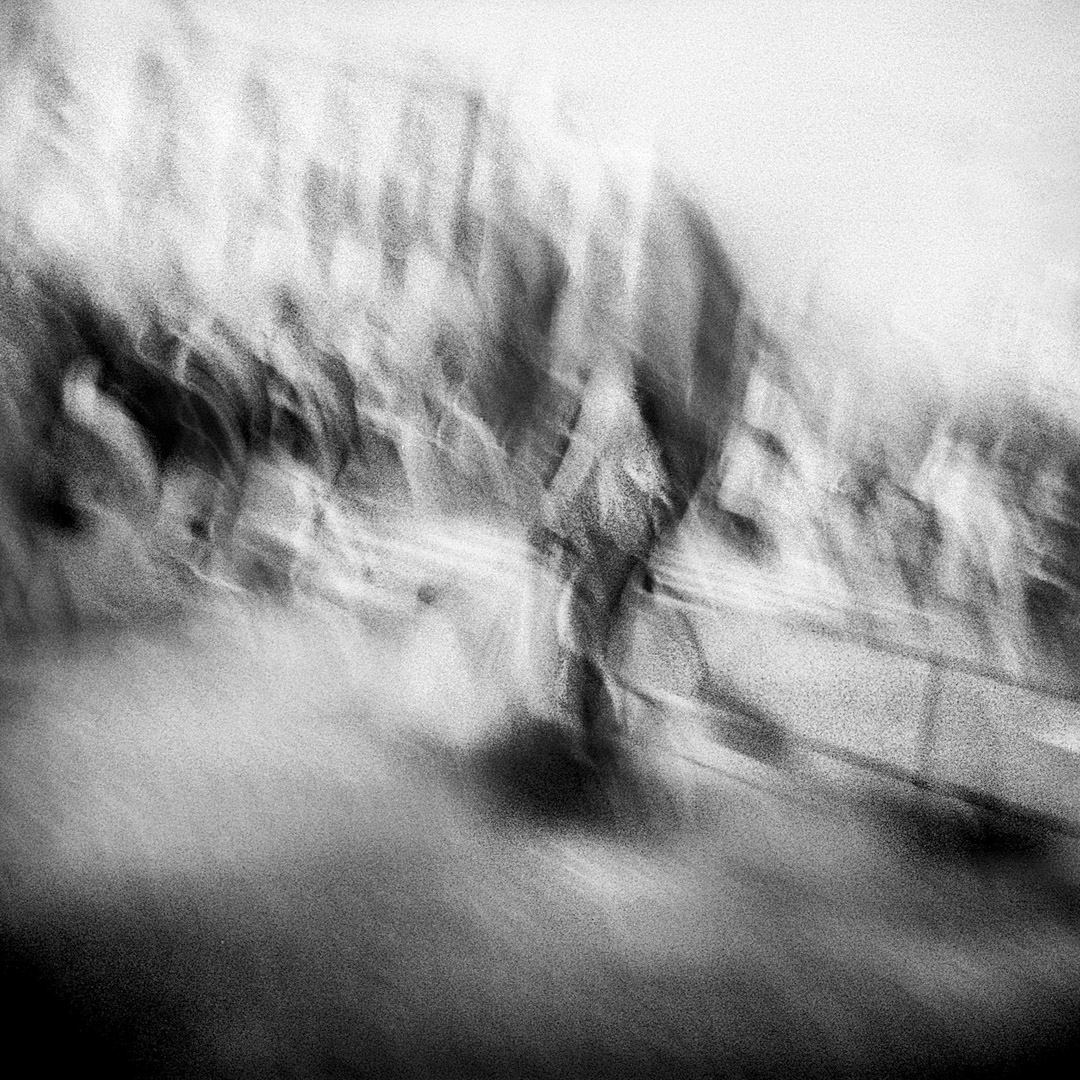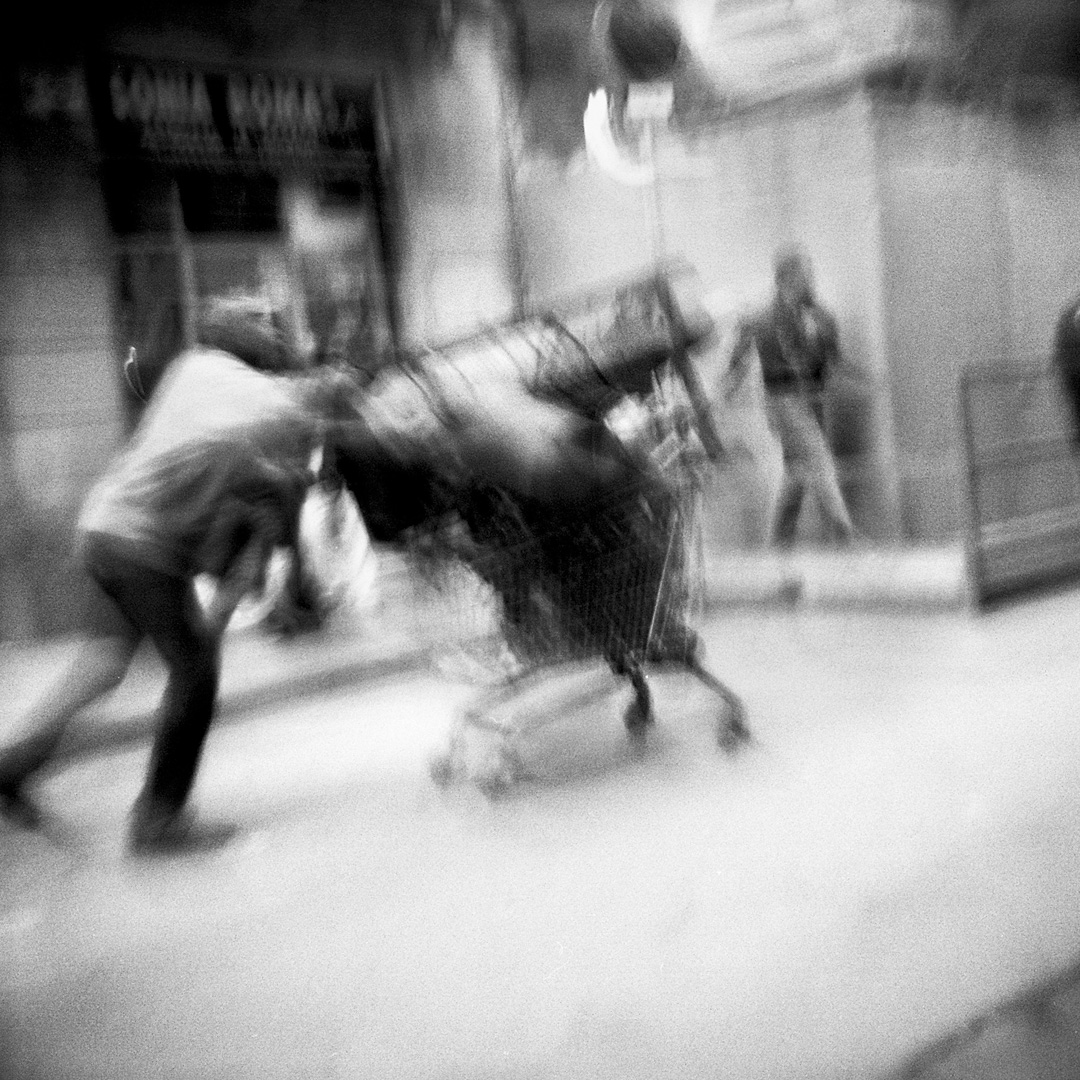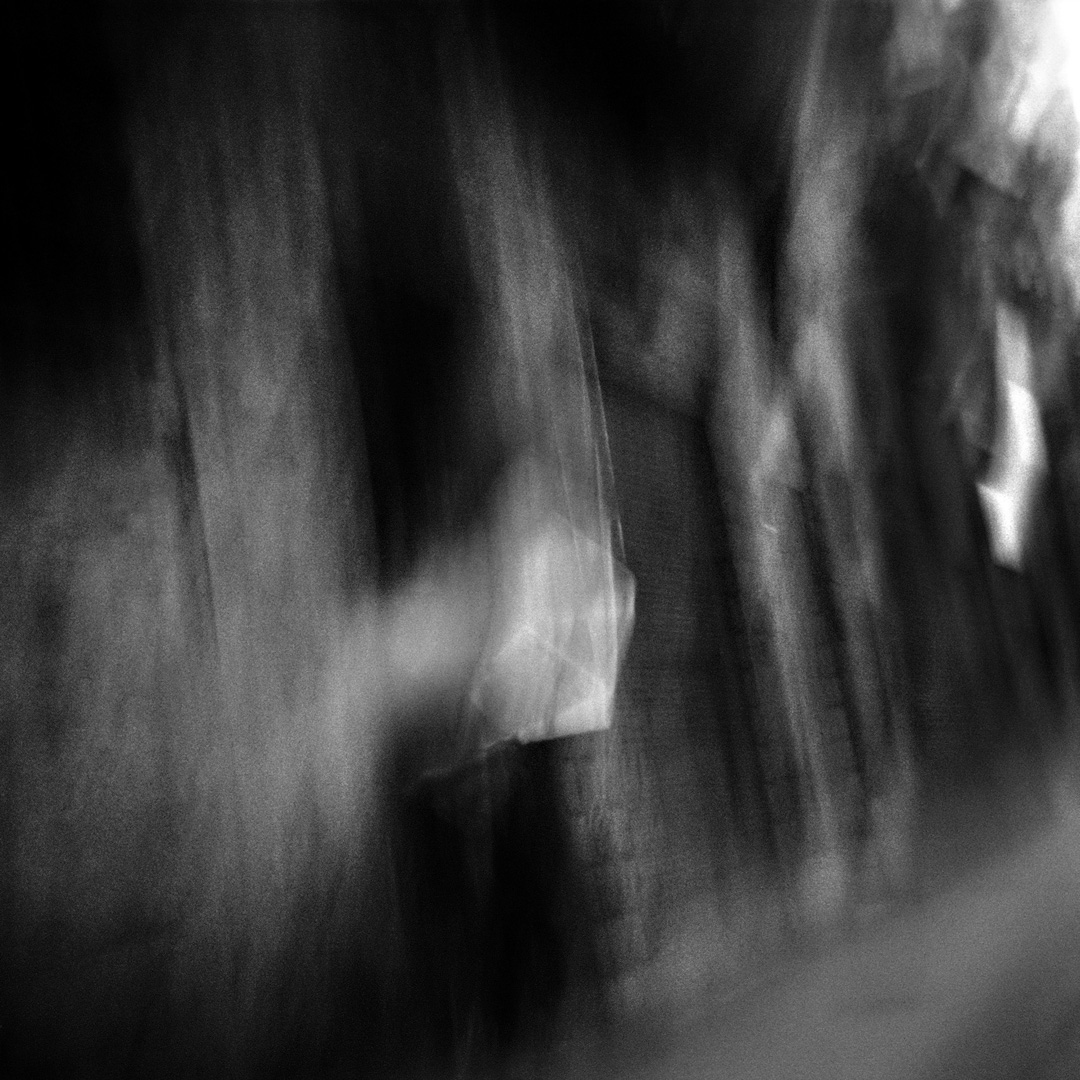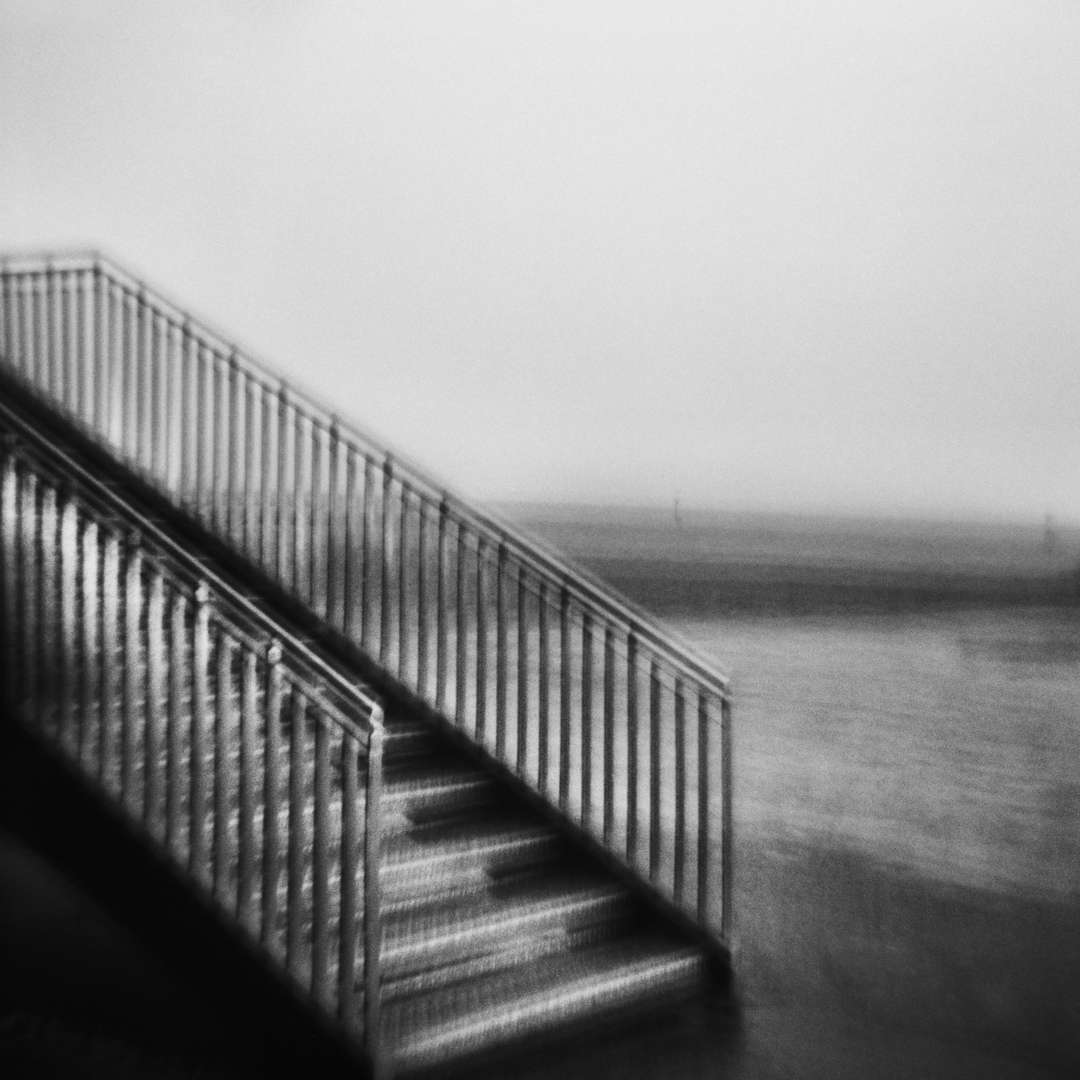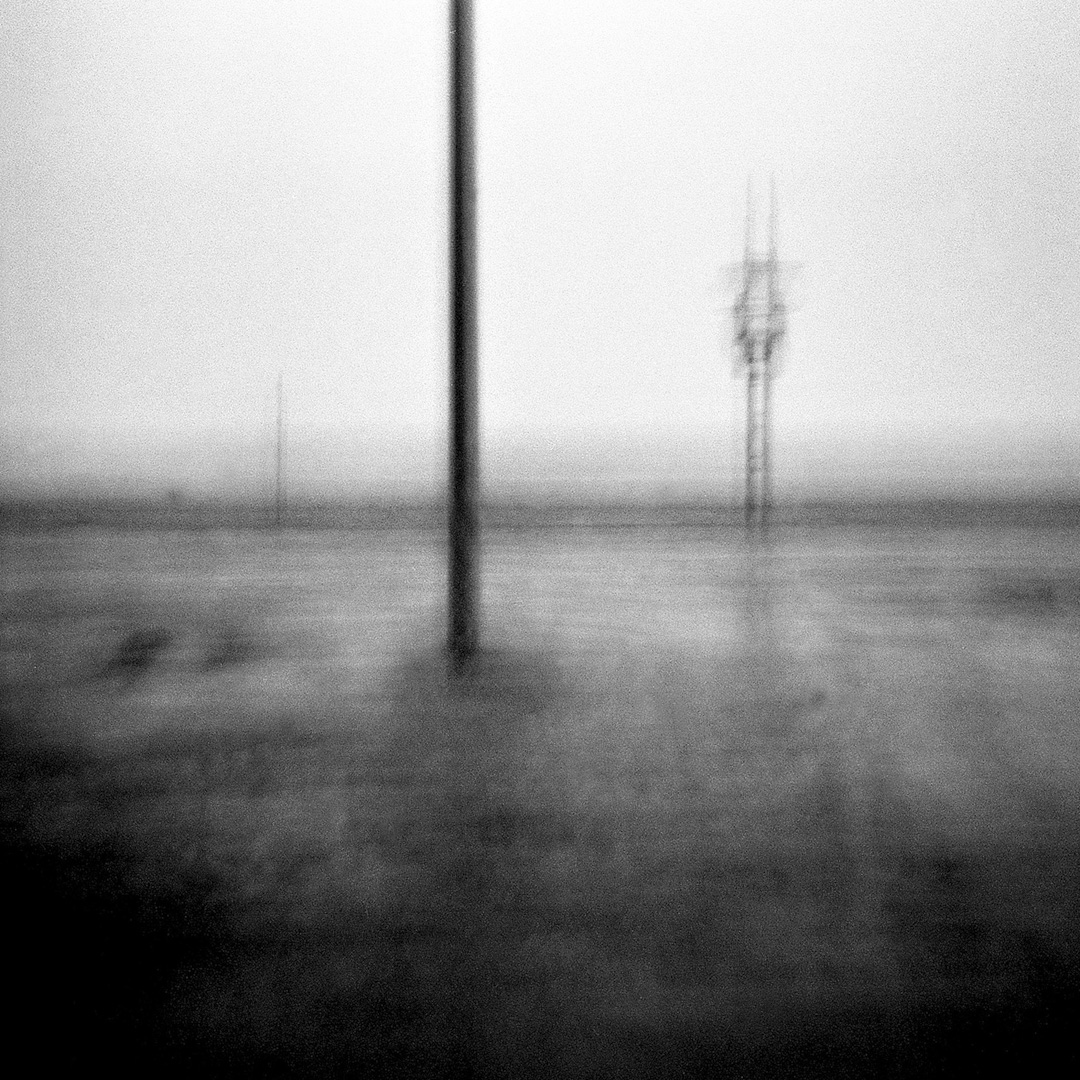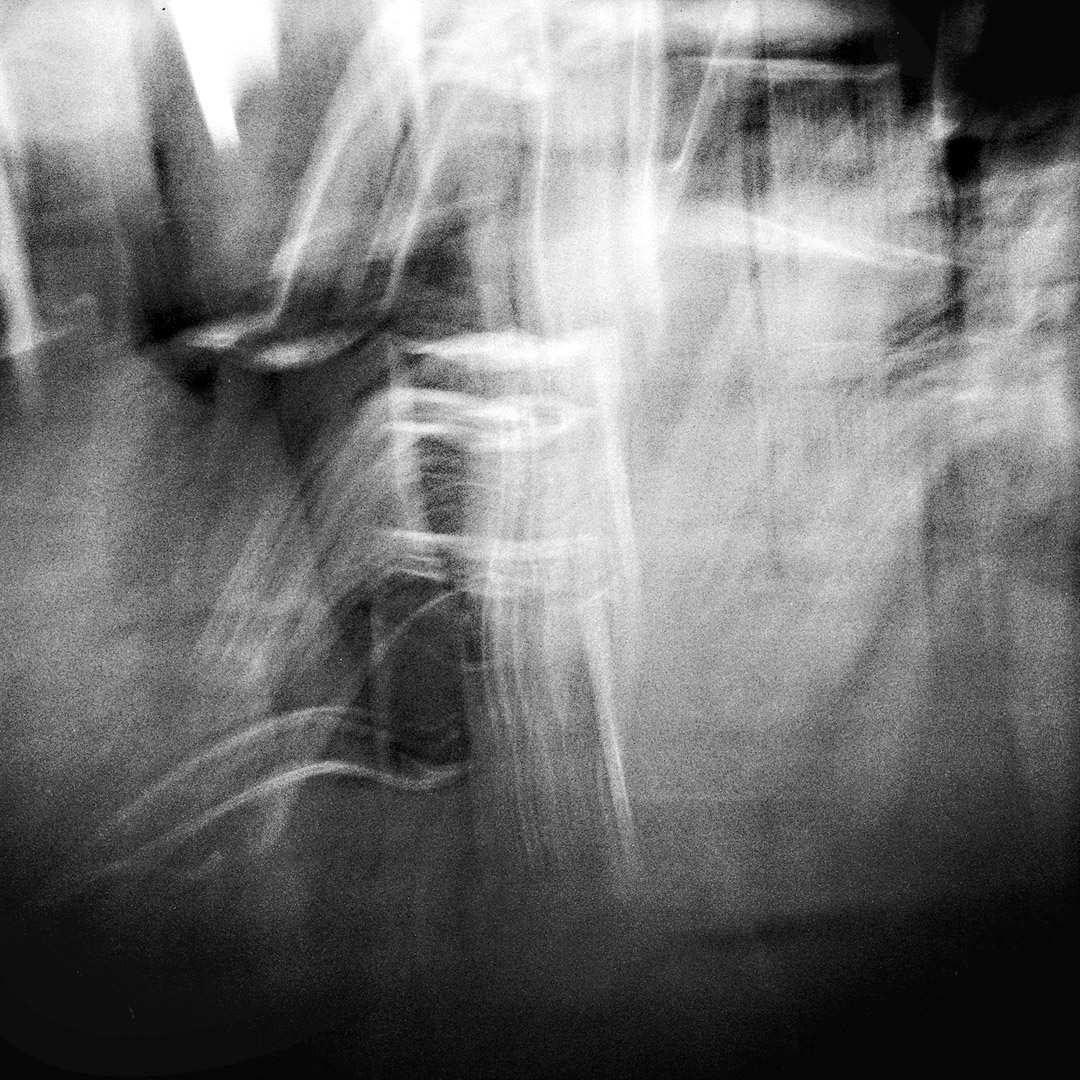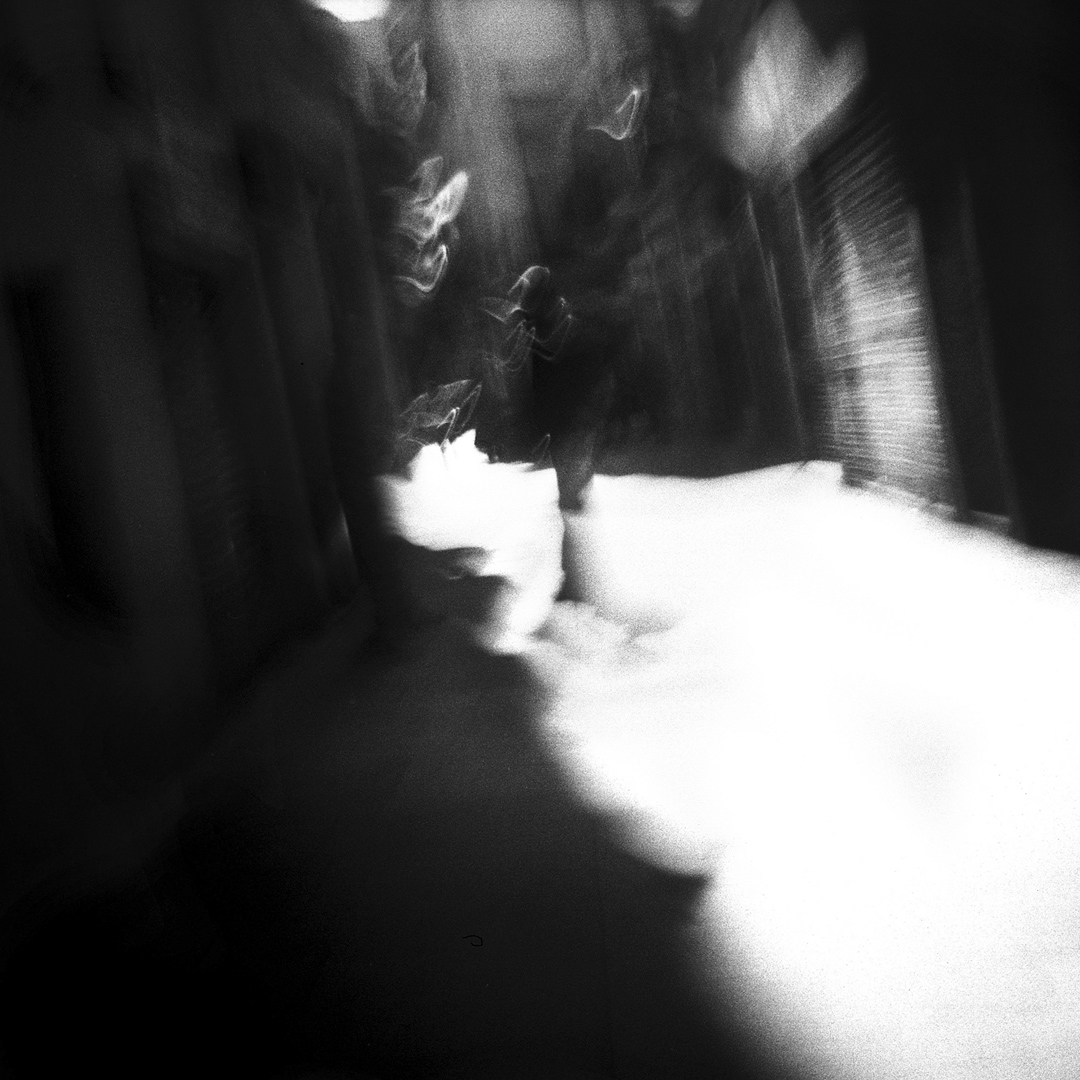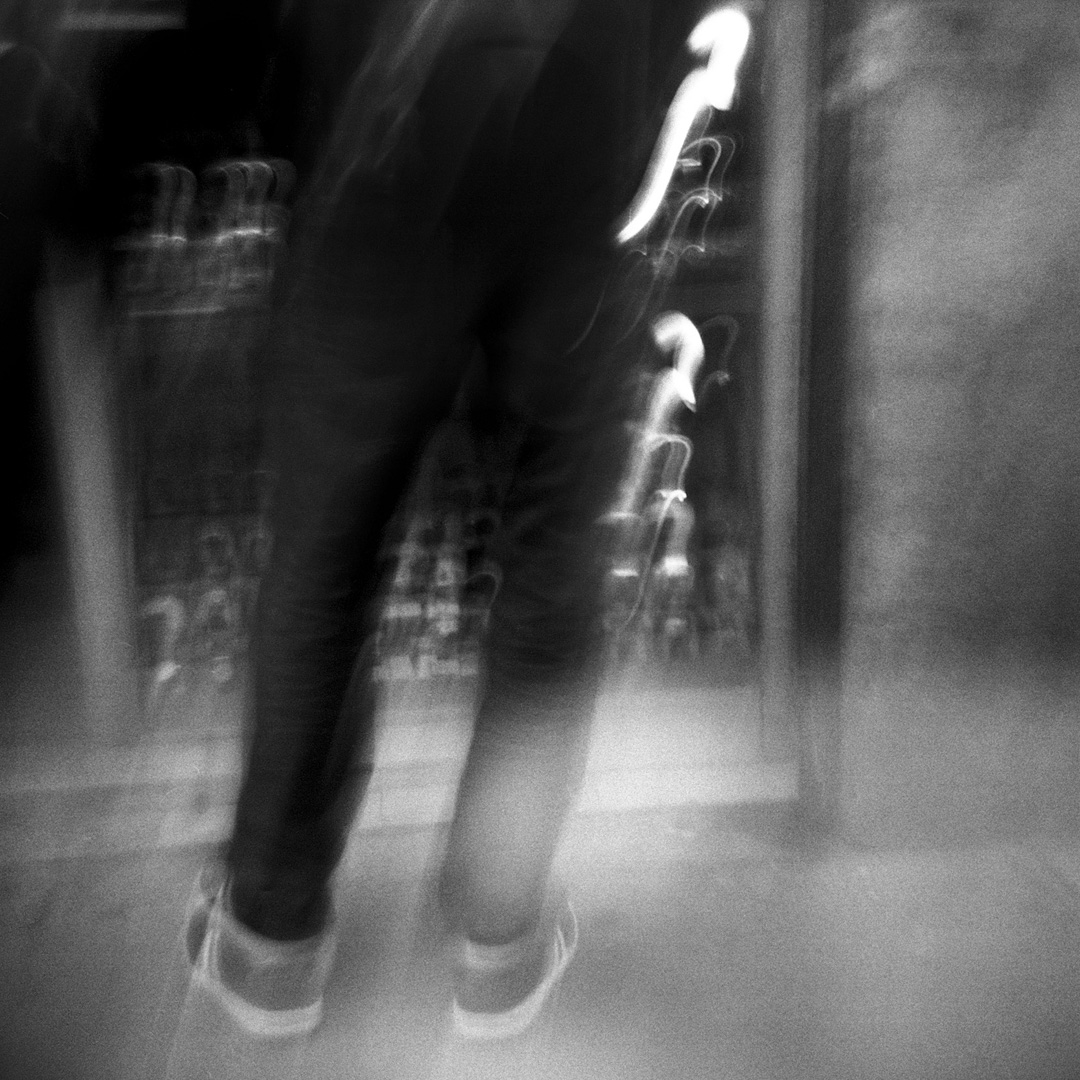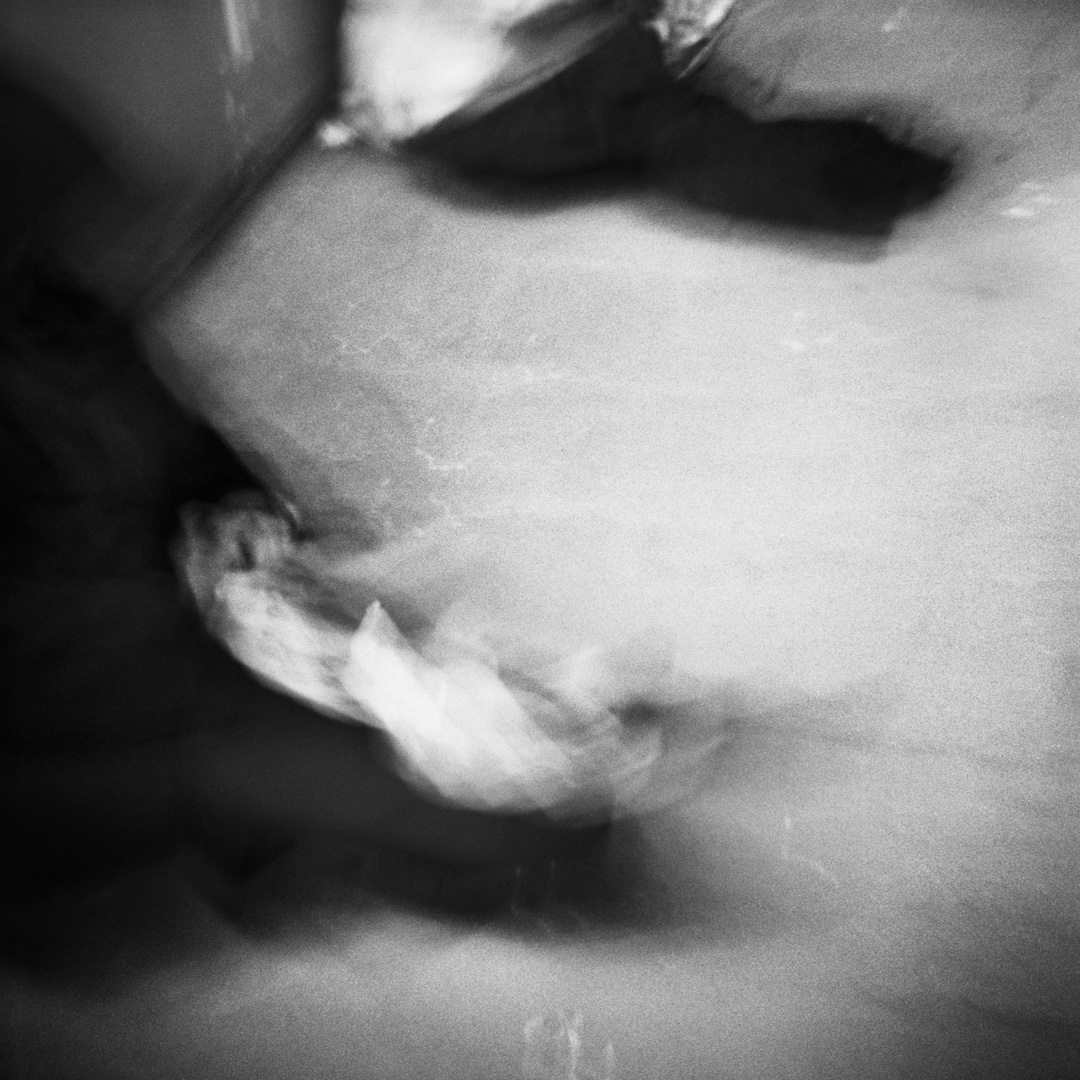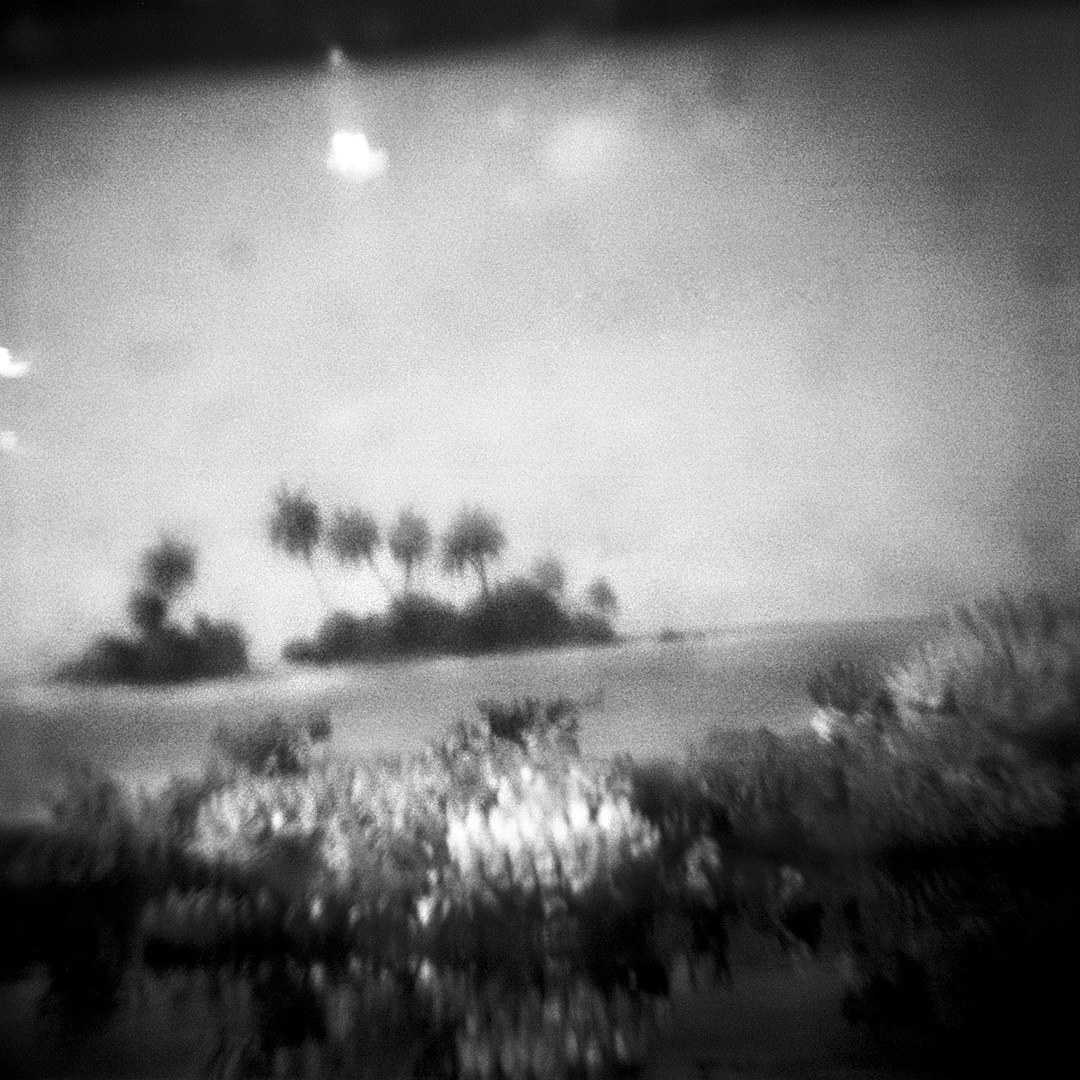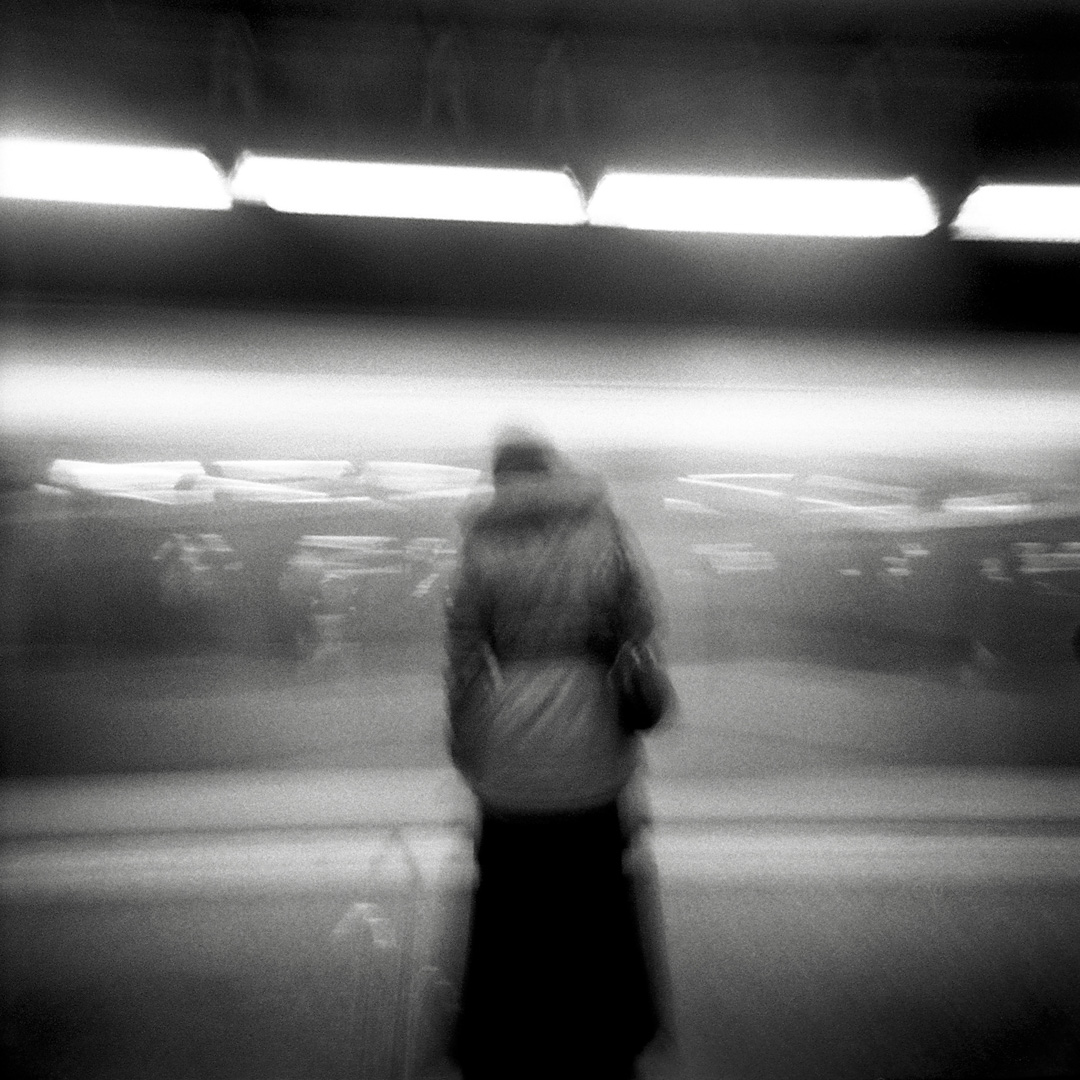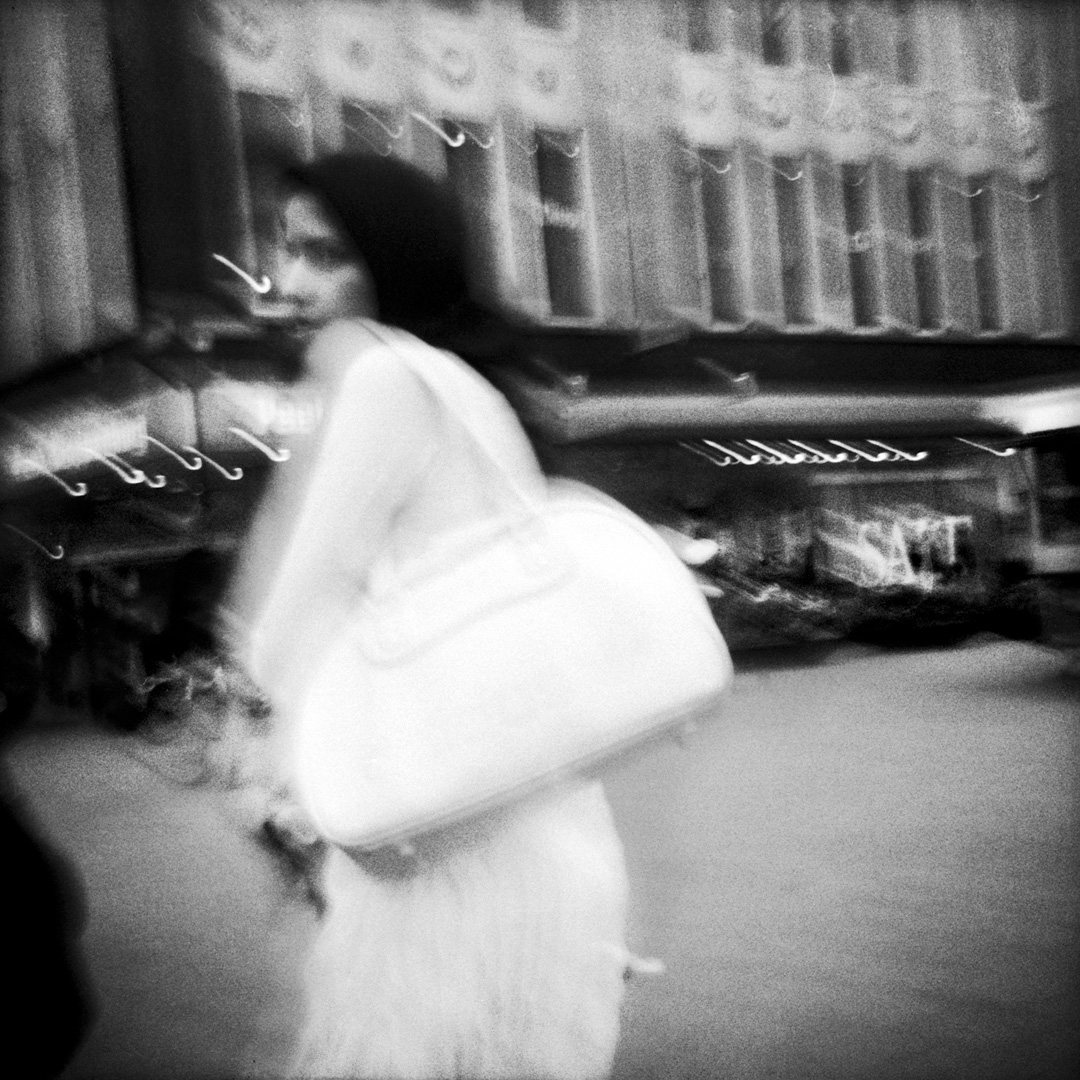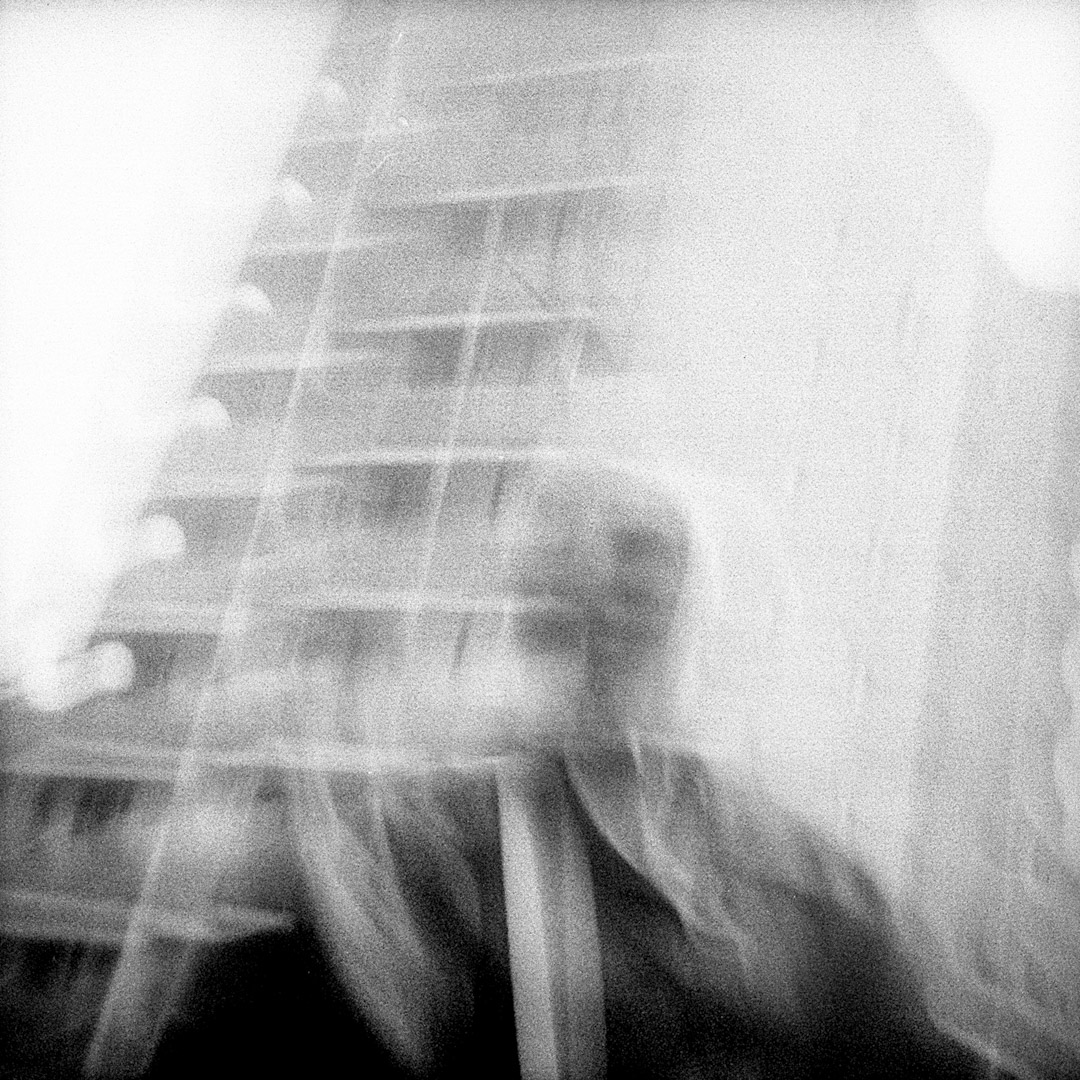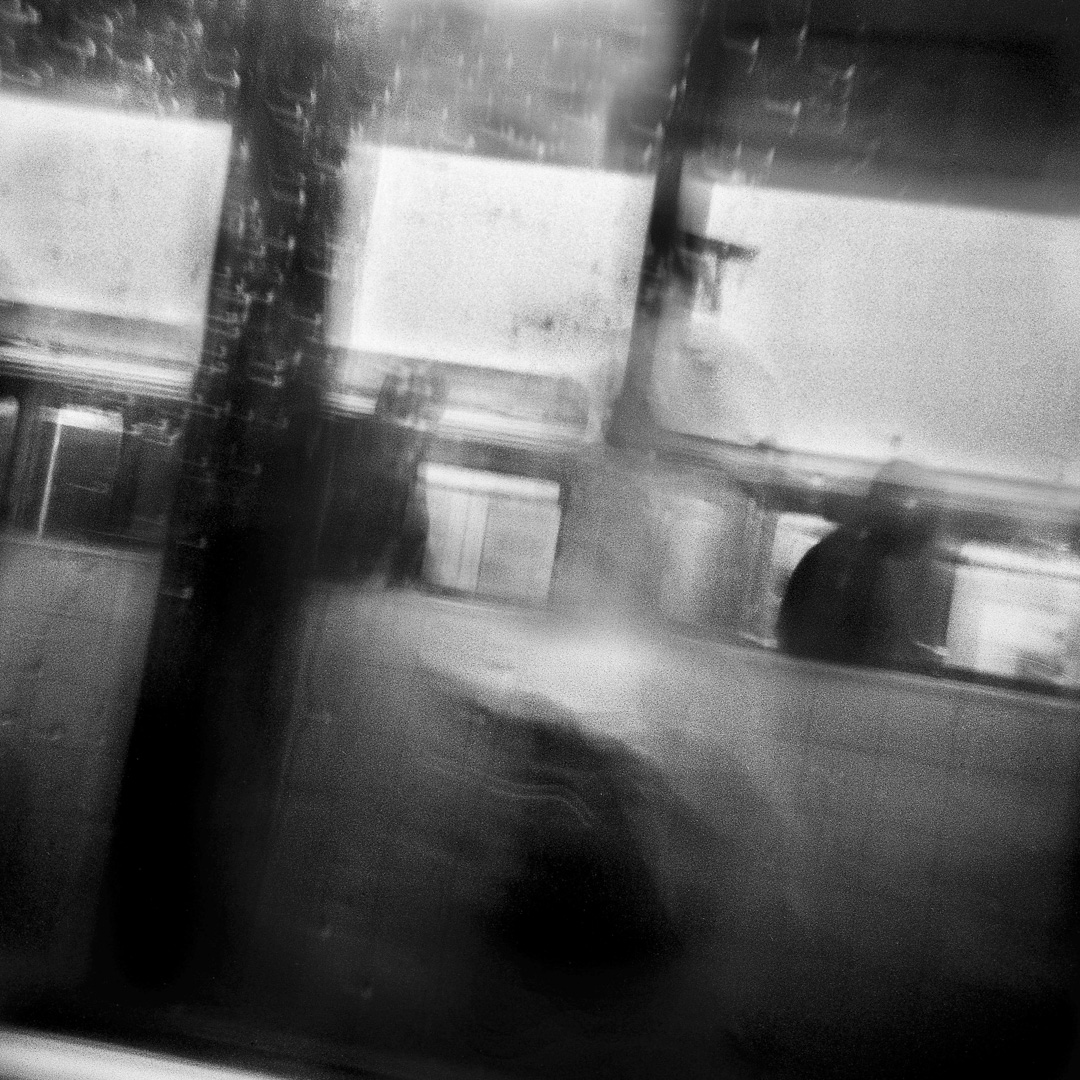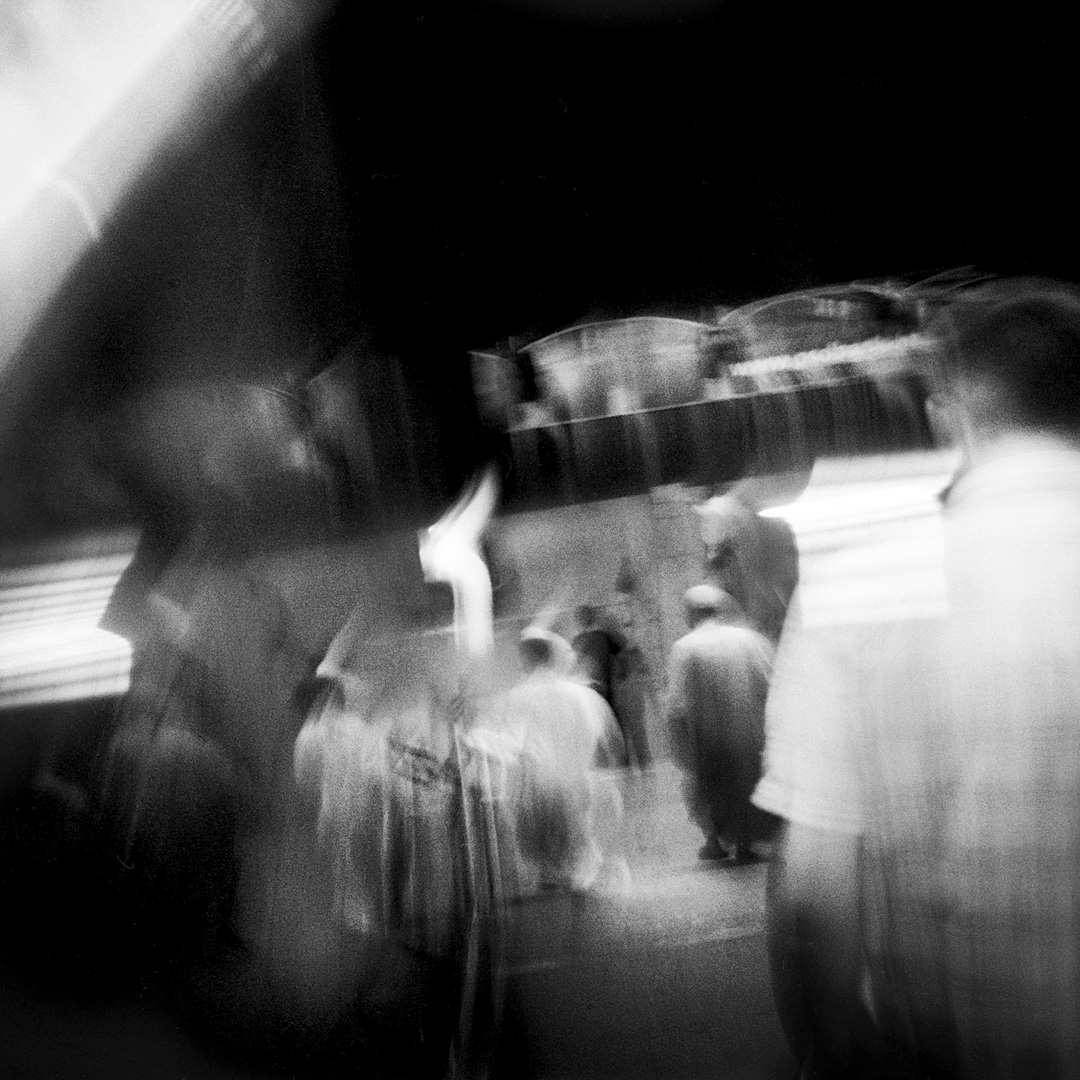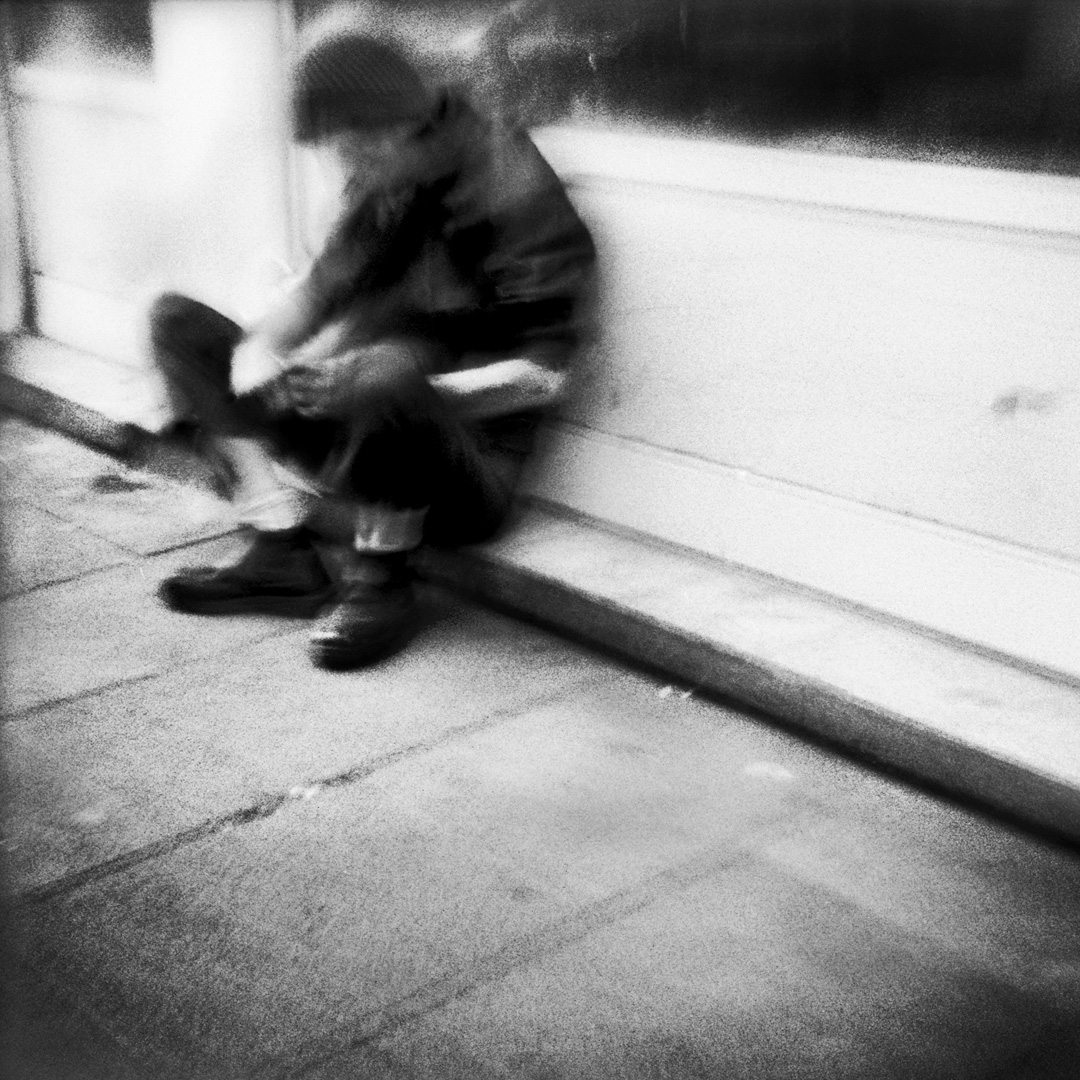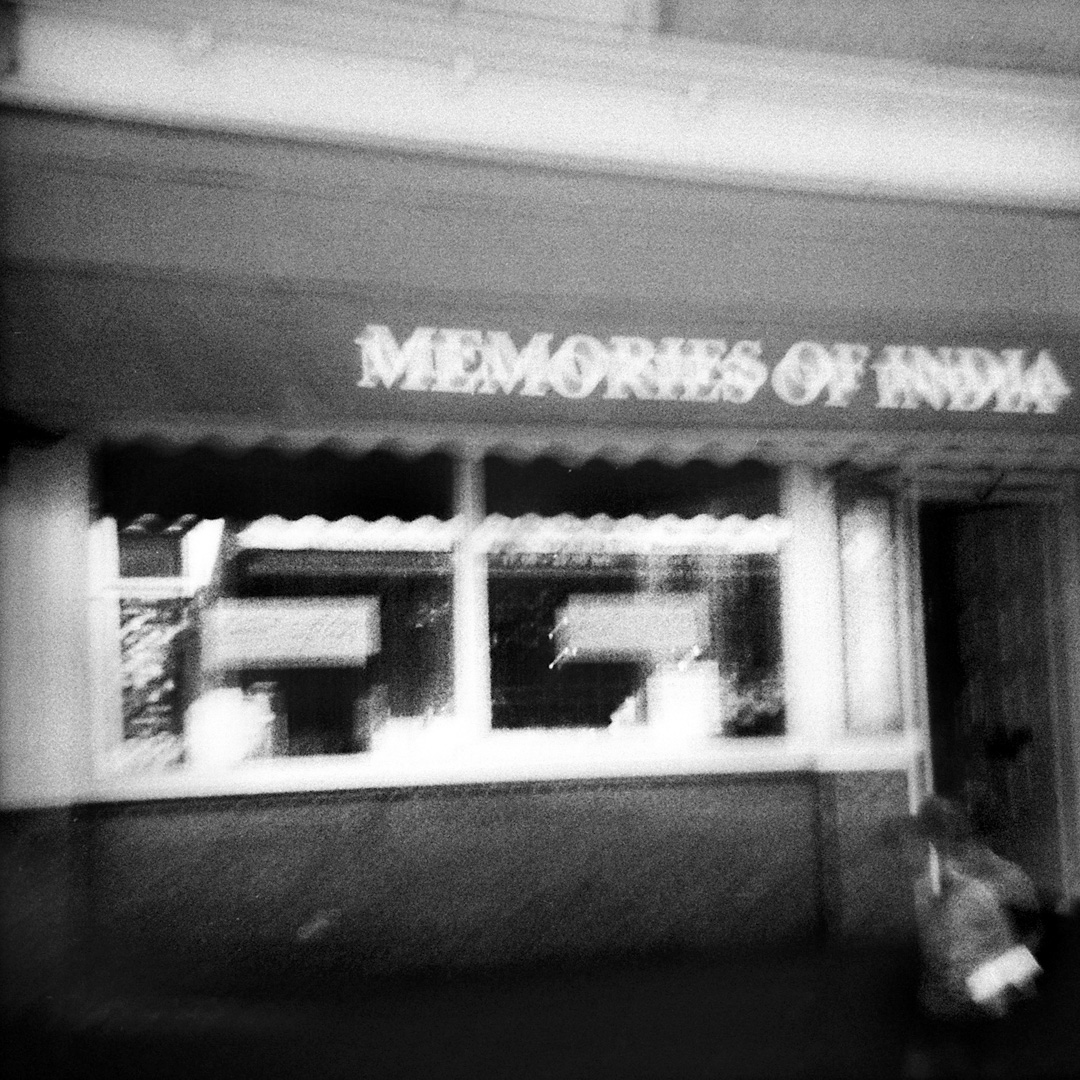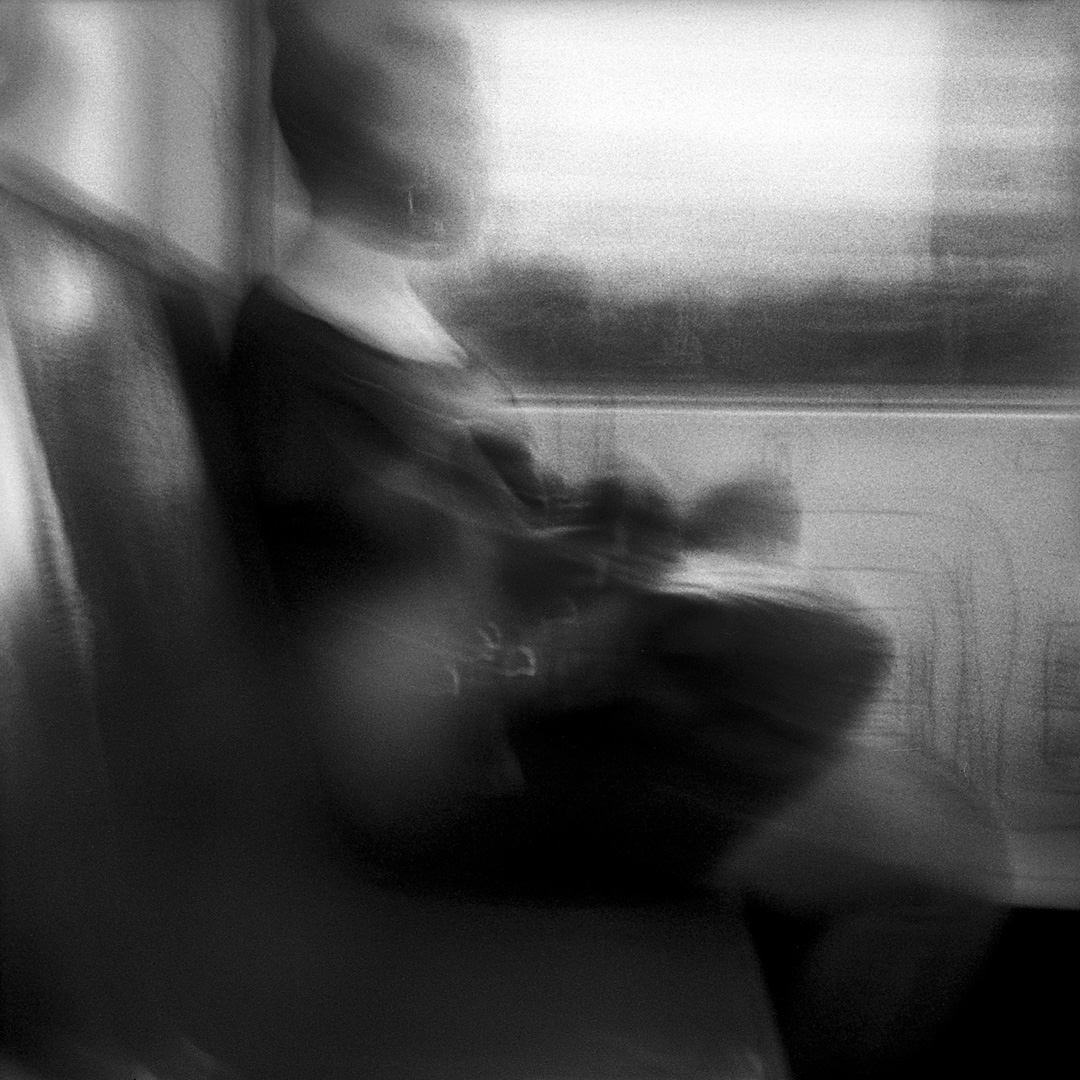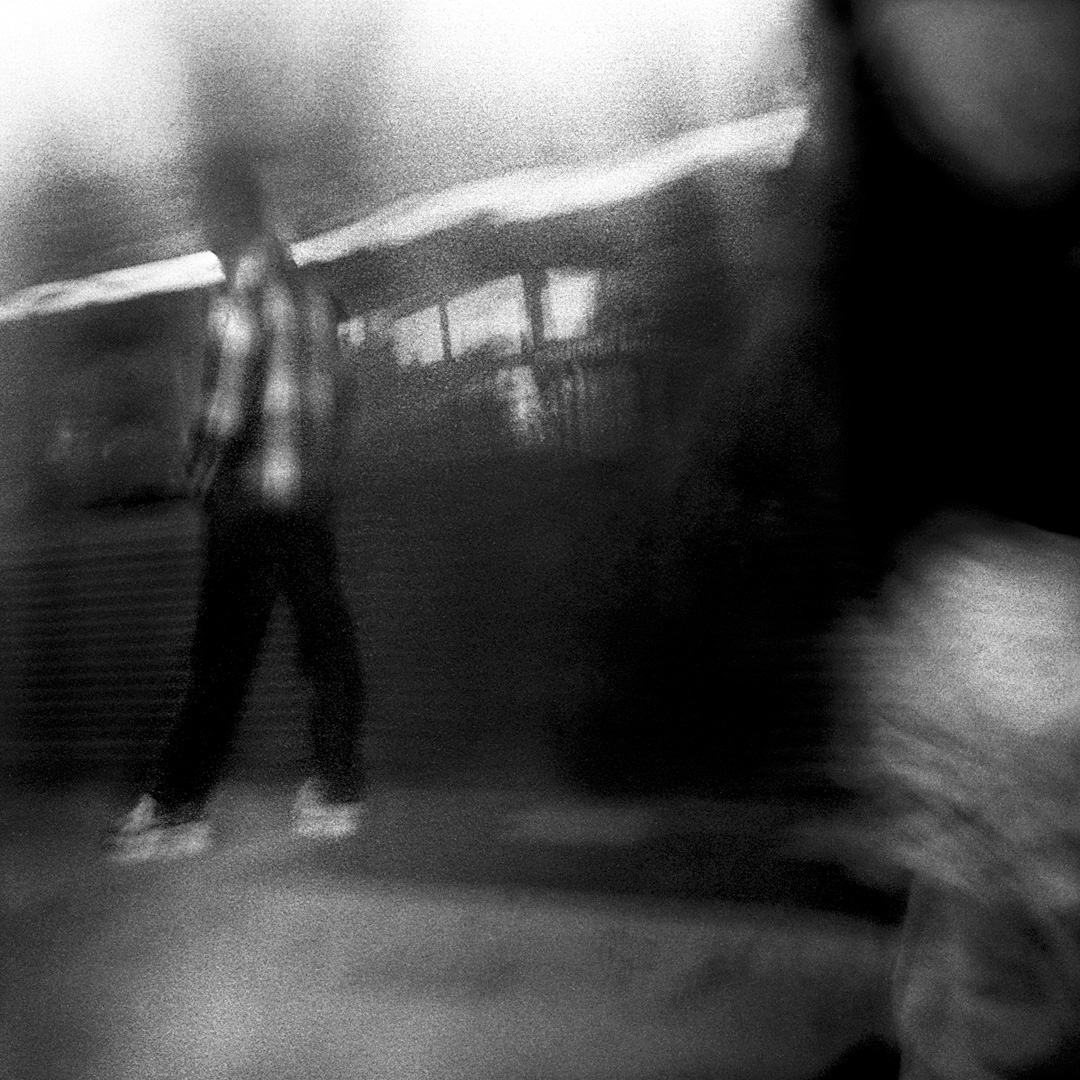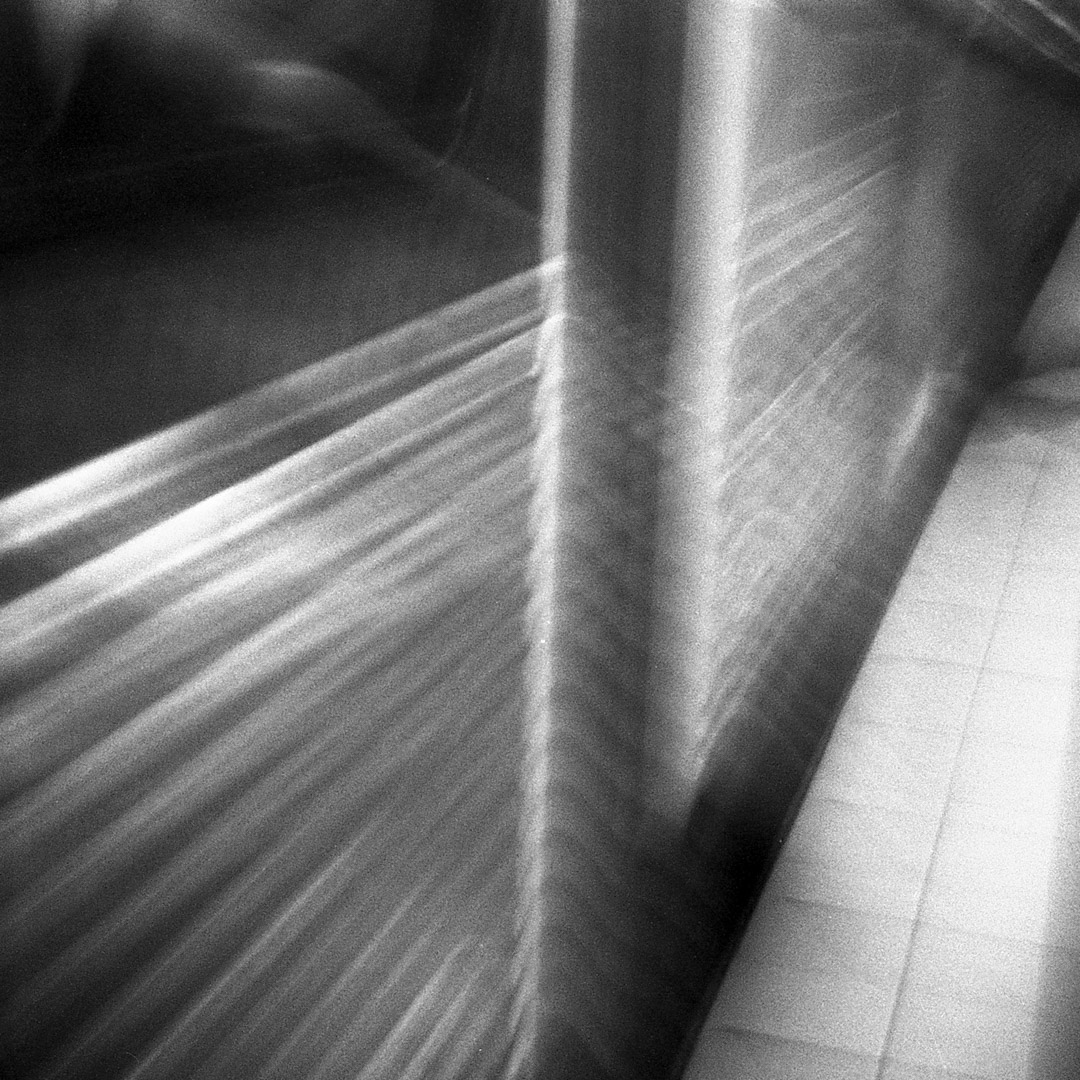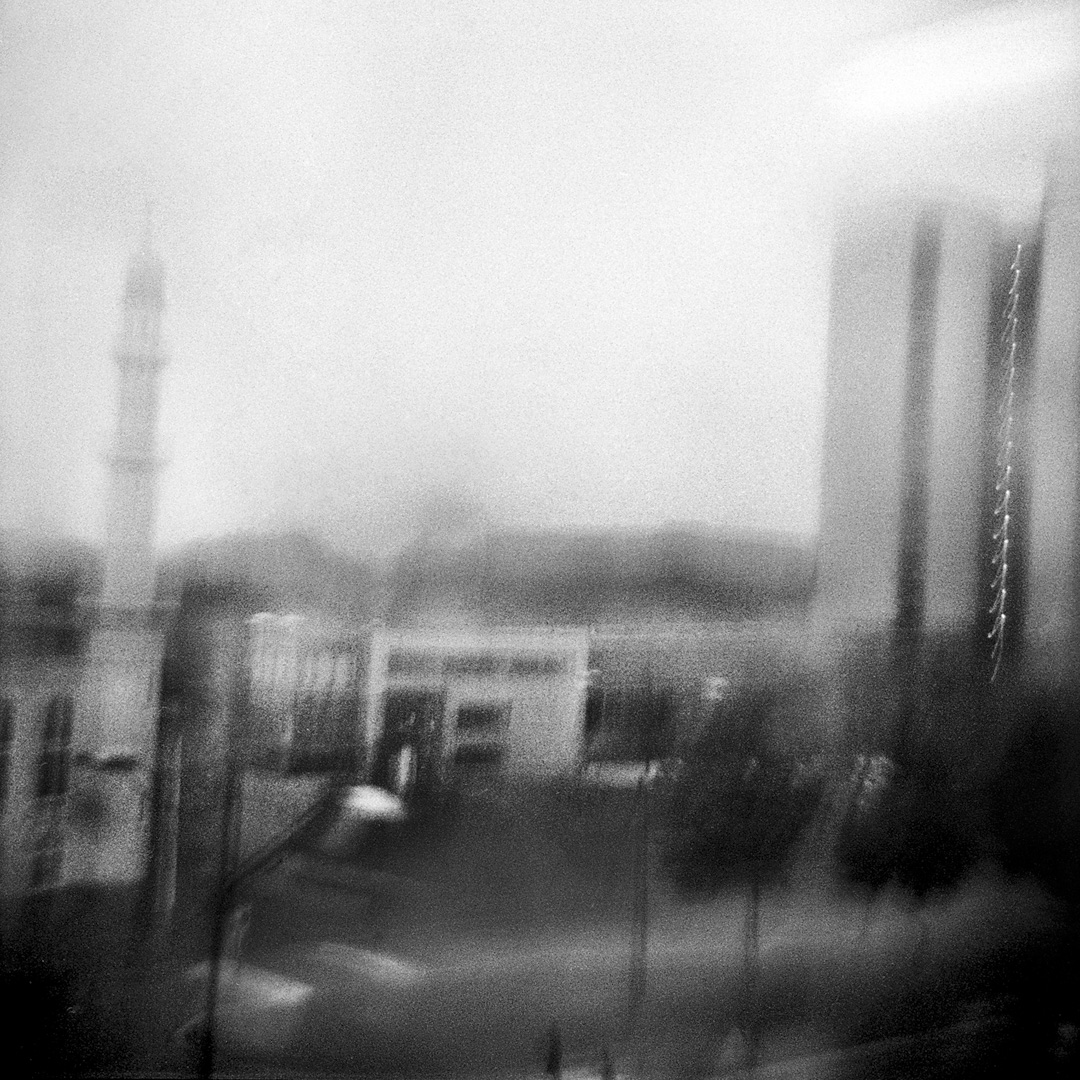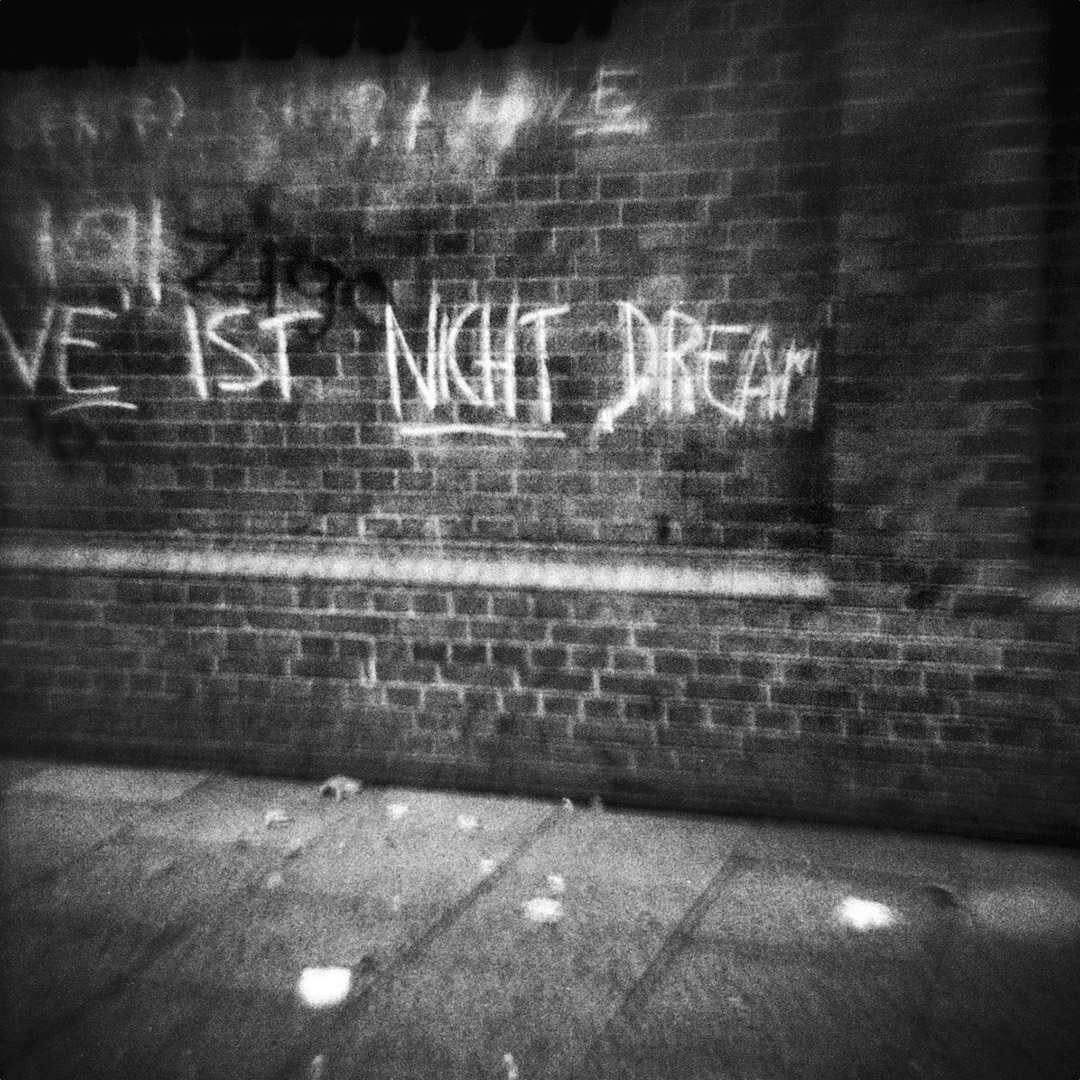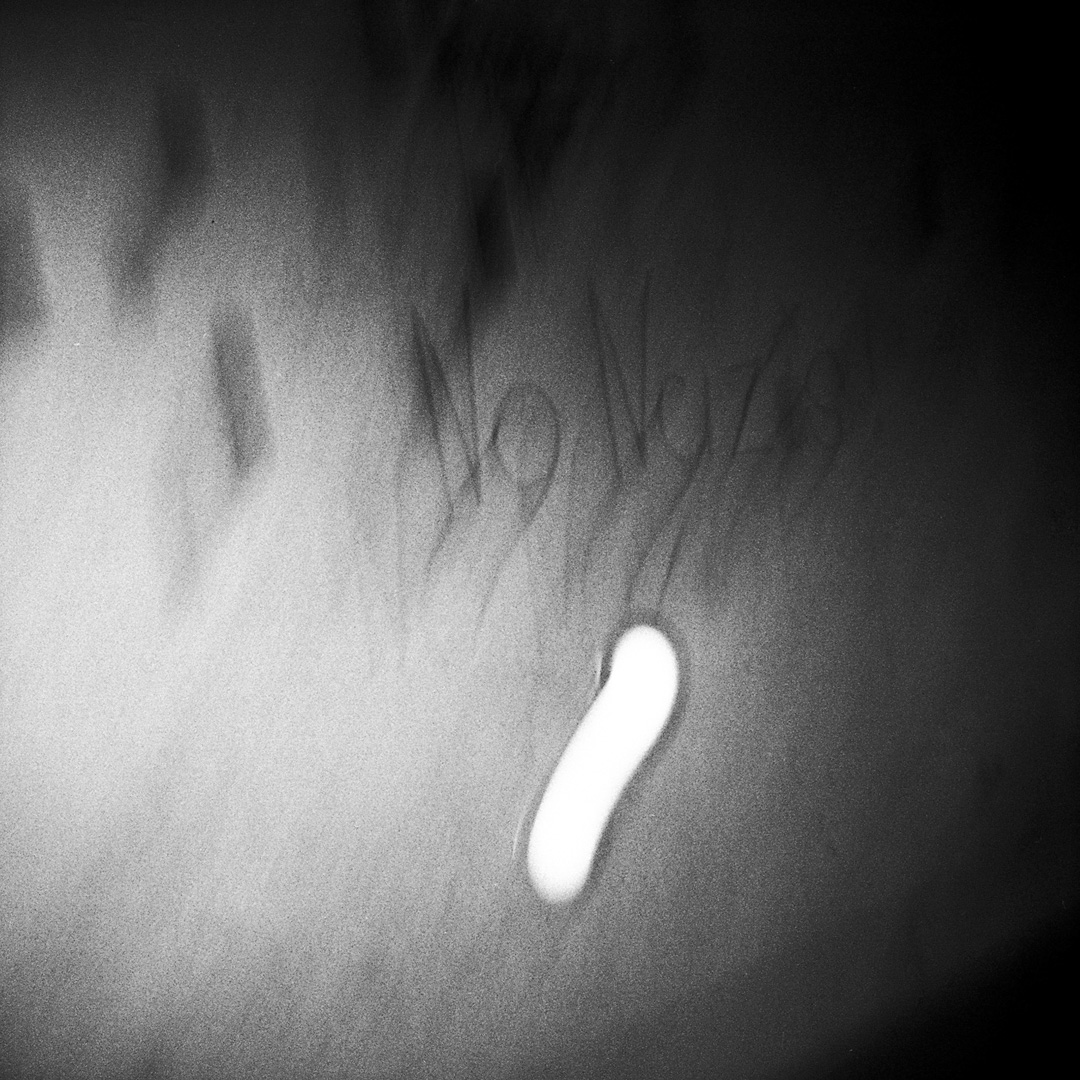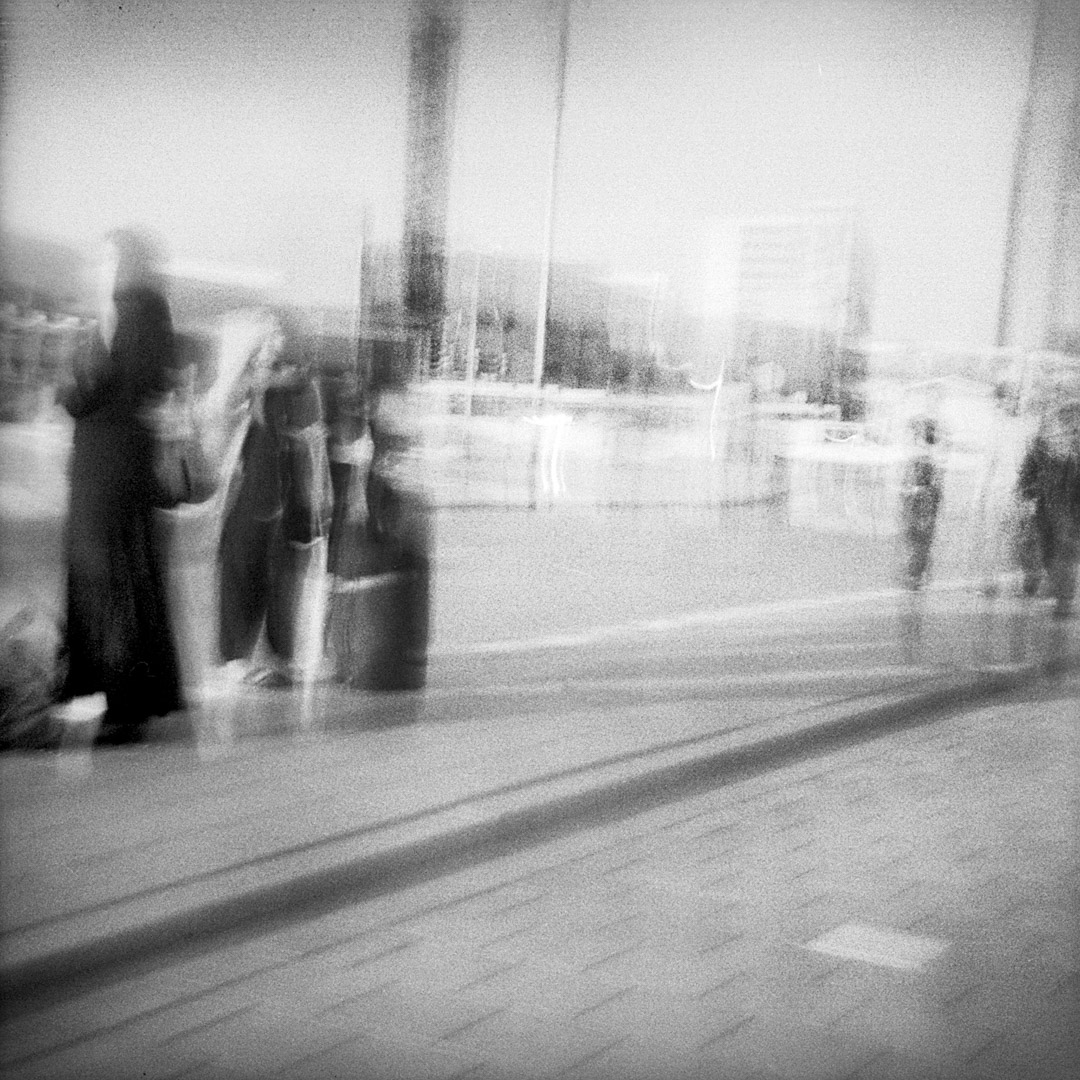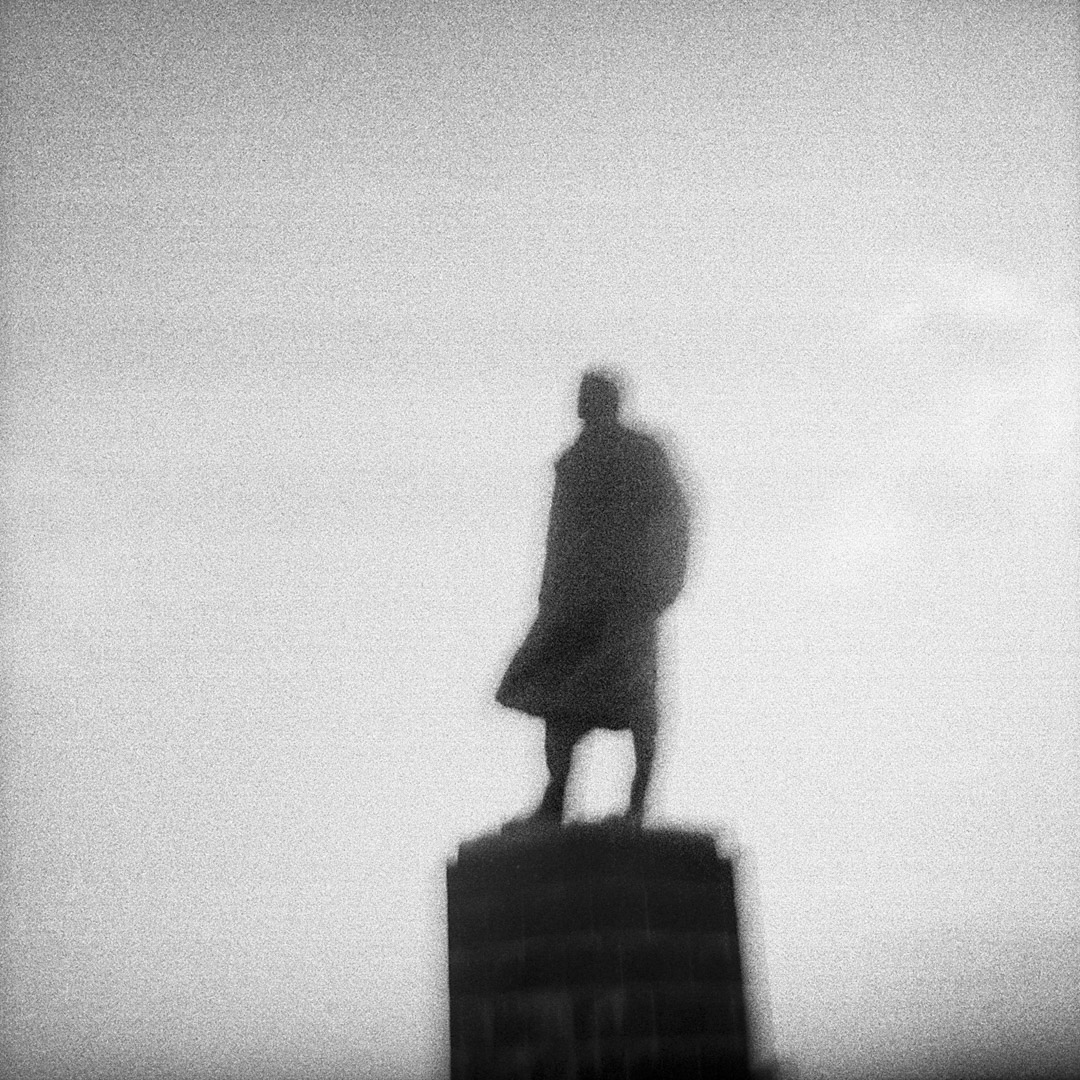Ethnocape, 2014
This project is a photographic journey that explores the symbolic journey of a migrant. Malik Nejmi launched this project after finding her father’s first passport dated 1971. The condition of the reporter witness is then imagined through the eyes of clandestinity, of a stateless person discovering the port of Barcelona. The photographs show the obstacles, walls, passages, or even this headlong flight, these wanderings retranscribed in these integration districts: el Raval, Barcelonetta, and the marina where pickpockets try to escape from the authorities. It is then a question of observing how migrants are viewed within our society. Because if the concept of Europe does not really exist, the concept of immigration is even more vague. Who are these foreigners? Are they residents who do not have the nationality of the countries of destination? Or are they only nationals of poor countries?
Malik Nejmi leaves these questions unanswered to let the spectator in his turn leave the interstices of the image, leaving the photographs their primary function, documents of an era, of the beginning of the 21st century marked by the events of Ceuta, of Melilla, by the uprooting of Africa from its human condition. The photographer is almost permanently tested by the instability of the continents, by this geography that he tries to superimpose on the feelings expressed, by this fluidity of bodies and spaces, and this crazy idea of wanting to control flows and movements at all costs. This feeling of strangeness blends in with the settings of the cities, together subjected to this inner journey, Malik Nejmi speaks of “a body undergoing a scan”, “a schizophrenia of identity”. The idea is to transcribe by hanging in a large wall of images, what the philosopher Arjun Apaduraï calls an “ethnoscape”, a landscape made of cultures juxtaposed with the historicity of these great European cities. To the point of modifying the perception and way of thinking of these contemporary cities.
